Students in the EPSRC Centre for Doctoral Training in Autonomous Intelligent Machines and Systems

Our Students
Meet the students who are undertaking their research here at the AIMS CDT
2024 Cohort
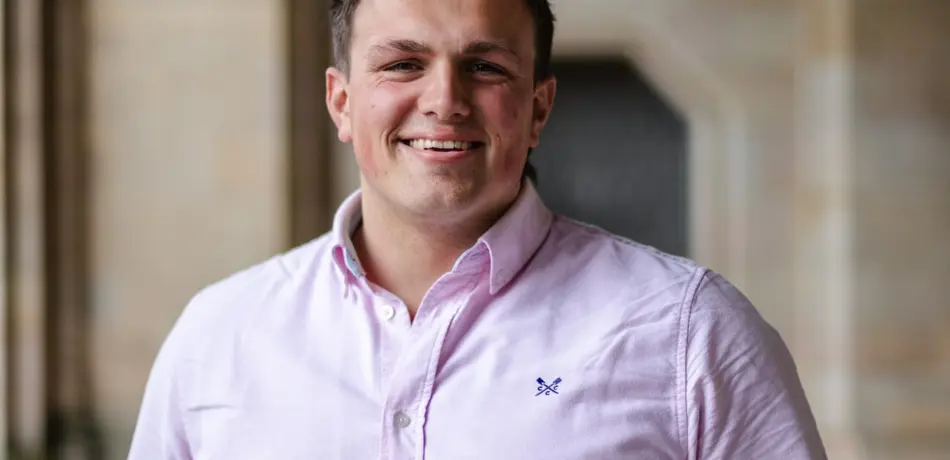
John Belcher-Heath
My interest in intelligent systems dates back to my school days, where I explored using Arduino IoT boards, and further compounded after I undertook an internship with a marine autonomy company, Marine AI, during my undergraduate studies. The company have since become my employer and sponsor for AIMS. In the last few years working for them, I have been involved with projects such as the Mayflower Autonomous Ship (MAS) and the No Manning Required Ship (NOMARS); both are projects at the forefront of maritime autonomy.
I recently graduated from the University of St Andrews with a Master of Mathematics, during which time I undertook an industry-partnered final year project with Marine AI, which focused on horizon placement in maritime settings using inertial measurements, using a computer vision and optimisation methods to fine-tune the relationship. I was also responsible for creating the technology sector of the University's Investment Society, and contributed multiple pieces of work to a student-based think tank exploring themes such as national digital security and assistive technology. In my free time, I play Rugby and take part in Powerlifting, having played two Scottish varsity matches and competed in the BUCS Scottish University powerlifting competition. I hope to continue both sports whilst at Oxford - and maybe try some more!
I look forward to starting the CDT and enhancing my technical skillset to complement my mathematics background.

Hugh Blayney
My background is originally in Physics, graduating from Imperial College London with a degree in Theoretical Physics in 2019, followed by an MSc in Computer Science at the University of Oxford. Through this master's programme I became interested in ML on graph data, initially with applications to logical inference and knowledge graphs and then later, in my work as a Senior AI engineer at an Autonomous Vehicle startup, geometric graphs representing entity interactions and lane networks. Reading and conducting research in this area gave me an appreciation of invariance and equivariance in ML models, leading to an interest in the field of Geometric Deep Learning. Within the AIMS CDT I am hugely excited to explore questions around machine learning on graph and geometric data, and I'm always keen to broaden my horizons and learn about new and emerging areas. Outside of research I enjoy running, cycling and singing, in no particular order and typically not at the same time

Georgia Channing
Before AIMS, I completed an MSc in Advanced Computer Science at Oxford as a Google DeepMind Scholar and a BSc in Computer Science at the University of Tennessee. Alongside my studies, I have tackled a variety of computer vision and NLP tasks at the Center for Advanced Defense Studies, researched hyper-spectral imaging at UC Berkeley, and worked as a Staff Researcher at Global Computing Lab on neural architecture search. Outside of the lab, I can be found at the movies, photographing, or studying natural languages.
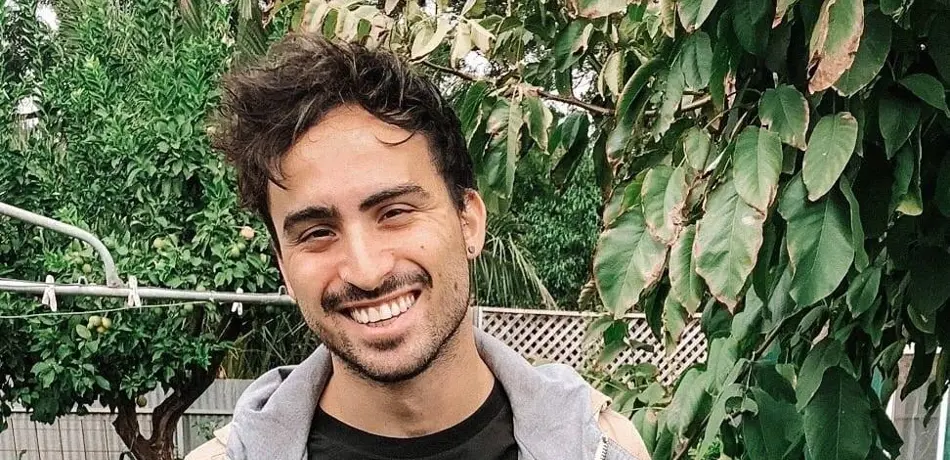
Ravi Hammond
I hold a Bachelor's and Master's degree in Computer Science from the University of Adelaide, Australia, where my work focused on reinforcement learning and multi-agent systems. During my time with AIMS, I plan to investigate how human-AI coordination can be enhanced through natural language, and I’m eager to develop cutting-edge solutions to improve AI negotiation and collaboration.
Throughout my studies, I’ve had the opportunity to intern at several tech companies, including Google, Microsoft, Palantir, and Atlassian. These experiences have allowed me to gain skills across various roles, ranging from Software and Site Reliability to Machine Learning Engineering. Beyond academia, I was recently honoured with the Citizen of the Year award from my hometown for my work with Ravi’s Study Program (RSP), a non-profit bootcamp I founded to help students succeed in interviews at major tech companies. I also had the opportunity to co-lead a team of over 40 engineers in the 2021 NASA Space Robotics Challenge, where we won 3rd place and the Innovation Award.
Outside of work, I enjoy board games, chess, creating music, and travelling!
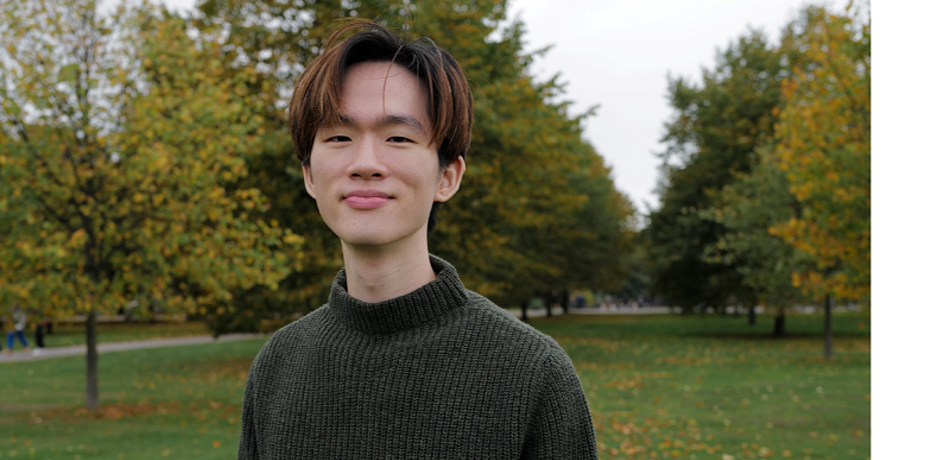
John Kwon
I grew up in both South Korea and the UK, and graduated from the University of Cambridge with a BA in Classics, with a top-of-cohort thesis on ancient Greek mathematics. I then undertook two master’s degrees in Computer Science at Imperial College London, specialising in natural language processing and robotics. I developed my interest in these fields further with a research internship at the Robot Learning Lab, also at Imperial, where I explored zero-shot end-effector trajectory generation for robot manipulation tasks, as well as failure detection and re-planning, with large language models (LLMs). Prior to starting the AIMS CDT, I also spent a few months with the Neural Processing Lab at the Oxford Robotics Institute, working on LLM-guided neural speech decoding. Outside of my studies, I enjoy playing sports (mainly football and squash), making music, and attending life drawing workshops.
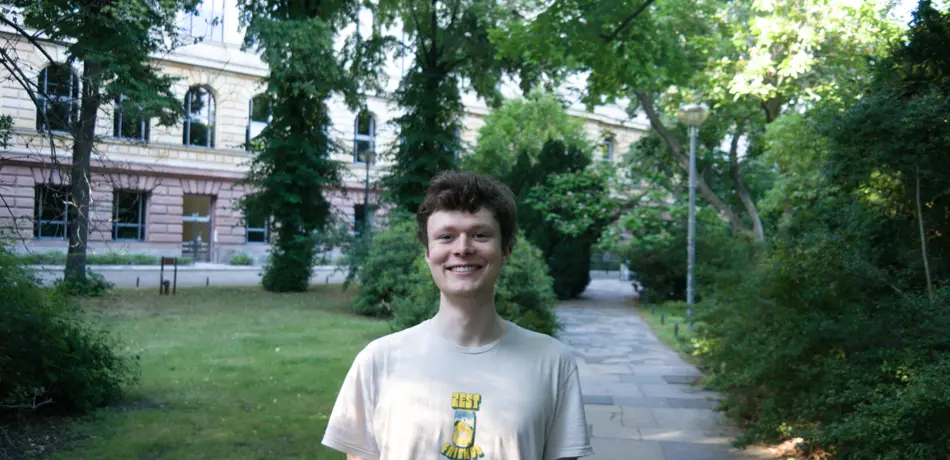
Jarek Liesen
For most of my life, I've lived near or in Berlin. I hold a bachelor’s degree in computational science from the University of Potsdam, and a master’s degree in computational Neuroscience from BCCN Berlin. During my studies, I did small research projects on various topics, including modelling neural data, symbolic ML, multi-agent robot planning, XAI, adversarial attacks, and RL. I specialized in RL, writing my thesis and first first-author paper on synthetic environments, which train agents more efficiently than their evaluation environment.
Parallel to my studies, I co-founded and steered https://bliss.berlin, a non-profit organization that organizes AI-related events for students and young professionals. These include a regular speaker series, hackathons, reading groups, and networking events with hundreds of attendees. I also spend much time bouldering, singing, baking, and playing chess and Factorio.
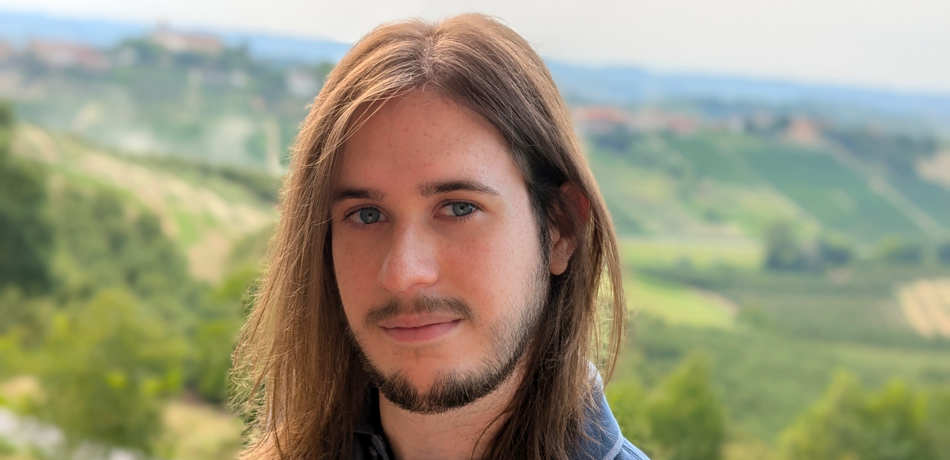
Samuele Marro
I’m interested in the theoretical & fundamental properties of generative models, such as the connections between different types of models and the factors that contribute to a model’s performance. I’m also working on communication protocols between language models.
Before joining AIMS, I obtained an MSc in Artificial Intelligence and a BSc in Computer Science from the University of Bologna. I also hold an Excellency Degree from the Institute of Superior Studies of Bologna.
My work at AIMS is funded by Microsoft Research, to which I’m deeply grateful.
In my free time, I love creating new board games, playing D&D and bullet hell games, and enjoying other chiefly nerdy activities.
Website: https://samuelemarro.it/
LinkedIn: https://www.linkedin.com/in/samuelemarro/
Github: https://github.com/samuelemarro

J Rosser
Growing up in Bristol, I developed a strong passion for building things and making a positive impact on the world. This led me to pursue an MEng in Engineering Science at the University of Oxford, where I was awarded an Academic Scholarship and graduated with First Class Honours. I specialised in Deep Learning and Computer Vision, with my Bachelor’s and Master’s theses lying at the intersection of Biomedical Engineering and Computer Vision.
Since graduating, I have held lead ML Research Engineer positions at three London-based tech startups, exploring a diverse set of research foci including Recommender Systems, Geometric Deep Learning, and more recently, LVLM-Based Multi-Agent Frameworks and Reinforcement Learning. Alongside this, I have enjoyed developing my leadership skills and consolidating my software engineering skillset in both backend and frontend engineering, focusing on clean, test-driven code.
In my free time, I enjoy playing the trumpet professionally in several London-based funk bands.
GitHub: https://github.com/J-Rosser-UK
LinkedIn: https://www.linkedin.com/in/j-rosser/

Charlotte Sweeney
Before joining AIMS, I completed my MSc in Statistical Science here in Oxford where I developed my interests in network analysis and Bayesian methods alongside completing a dissertation on uncertainty quantification in protein structure prediction. Prior to my Master’s, I did my Bachelor’s in Maths and Computer Science at the University of Edinburgh. During my undergrad, my fourth-year project allowed me to explore links between machine learning and algebraic topology. I also completed a research internship on the UNIQ+ DeepMind programme where I spent time exploring neural network generalisation under the double descent phenomenon.
I’m excited by the range of topics and projects that AIMS has to offer and I look forward to seeing where they will take me in my DPhil. Outside of work, I love to cook and read a good fantasy book – especially if a glass of wine is involved. I also always enjoy spending time with my rabbits (and family) back home on the Wirral.
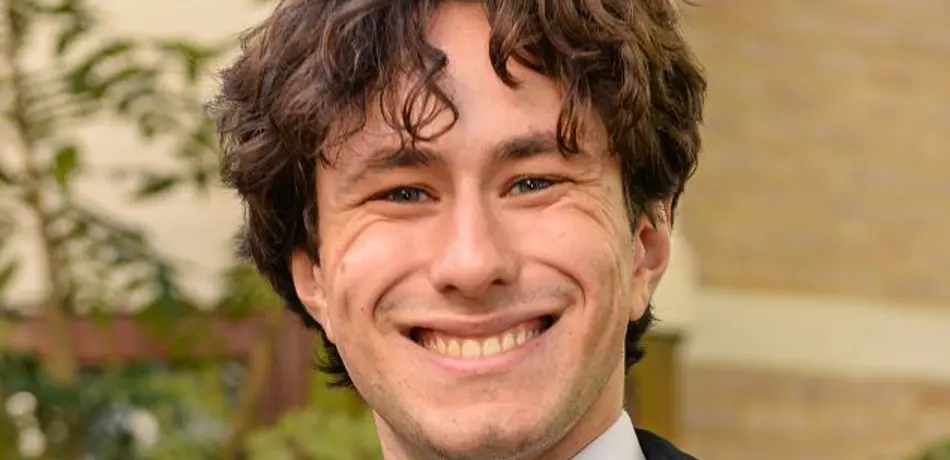
Theodore Wolf
I am a frenchie who grew up in London and ended up studying Astrophysics and Physical chemistry at UCL. I followed that up with a Masters in Machine Learning also at UCL. After which, I joined Carbon Re, a UK startup focused on reducing carbon emissions from heavy industry through improved control of cement plants. Climate change is a problem that I deeply care about and wish to find solutions to with machine learning. As a result, most of my research interests relate to climate change mitigation in some aspect, such as physics-informed ML, data-driven discovery of physics and optimal control of real-world systems. I have a particular interest in reduced-order weather and climate modelling, a problem that is (thankfully) getting more and more attention! After going to NeurIPS in 2023 and meeting some amazing people from AIMS, I was inspired to apply to the program myself.
In my spare time, I enjoy cooking, climbing, writing blogs and reading. I am also interested in entrepreneurship and love learning new things.
2023 Cohort
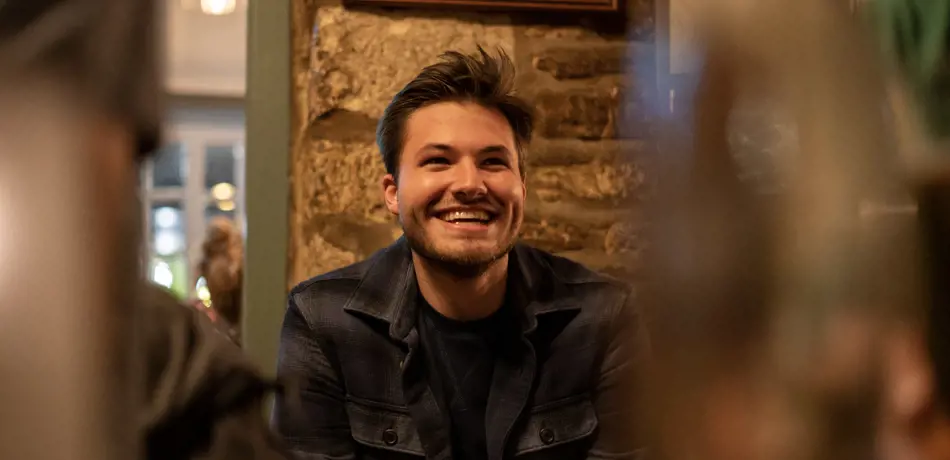
Jacques Cloete
I grew up on Guernsey in the Channel Islands, and graduated from the University of Oxford with a MEng in Engineering Science. I have a great passion for robotics; I undertook a summer internship at the Oxford Robotics Institute, learning to use ROS and acquiring a great deal of practical experience in robotics and cyber-physical systems. I also ran a robotic arm project in the OxRAM student society, wherein we 3D-printed, assembled and programmed a robotic arm for completing simple manipulation tasks. For my final year project, I worked on loco-manipulation skills for quadruped robots with arms, creating motion- and task-planners for tasks such as autonomously approaching then tightening a valve. This work evolved into researching adaptive robot behaviour that allows a robot to intelligently react to observations it makes during task execution, such as adjusting its manipulation strategy to apply more torque to a stiff valve. Machine learning has plenty to offer for this work, and I am thrilled to be able to continue my research through the AIMS CDT. Outside of research, I love skiing, model-building and playing the saxophone
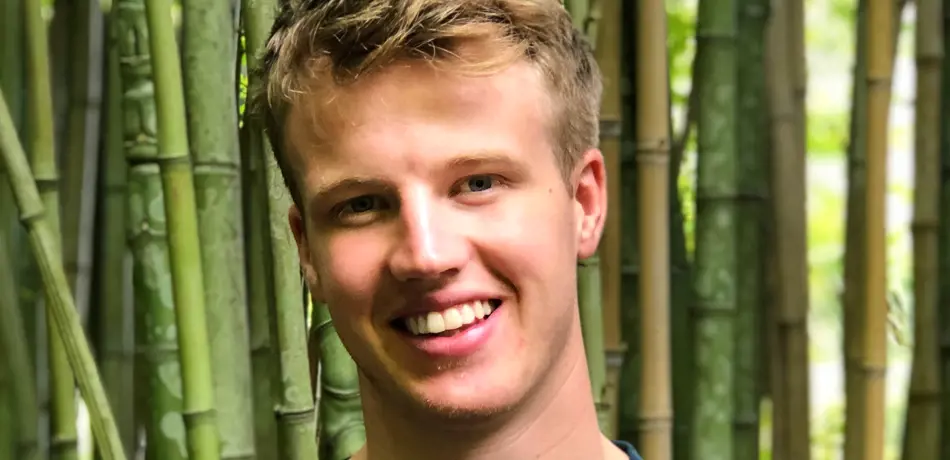
Thomas Foster
I graduated from Oxford in 2020, coming 2nd in my cohort and winning the Microsoft Prize for best undergraduate dissertation.
After graduating I tried my hand at entrepreneurship, founding 2 successful companies. At Halo we developed a saliva-based PCR test that we scaled rapidly in response to Britain's COVID-19 testing shortages. After this I founded Genei, where we used LLMs and RLHF to help speed up research. We went through YC combinator in 2021 and raised funding from some great people.
In late 2022 I left Genei to focus on research. I'm particularly interested in how we can automate the evaluation and training of deep neural nets. This means I'm interested in how we evaluate models on complex criteria (such as with learned reward functions), how we can systematically generate examples the model finds challenging (as in curriculum/active/adversarial learning) and how we can turn this into a useful training paradigm (such as RLHF or open ended RL).
I spent the summer of 2023 exploring these themes at V7, developing in-context learning models for video segmentation.
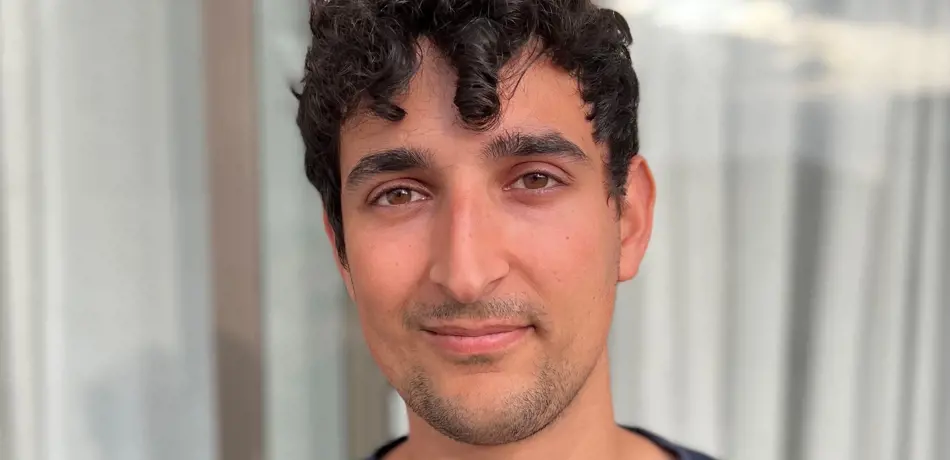
Yoav Gelberg
I graduated with a bachelor's degree in mathematics (summa cum laude) from Technion – Israel Institute of Technology in 2018, where I was a part of the Technion excellence program. As an undergraduate, I took part in two research projects: one applying metric learning to image processing at Prof. Ron Kimmel’s Technion-based Geometric Image Processing lab, and the other studying robustness of expansion properties of graphs, with Prof. Irit Dinur at the Weizmann Institute funded by the Weizmann Young scholars program.
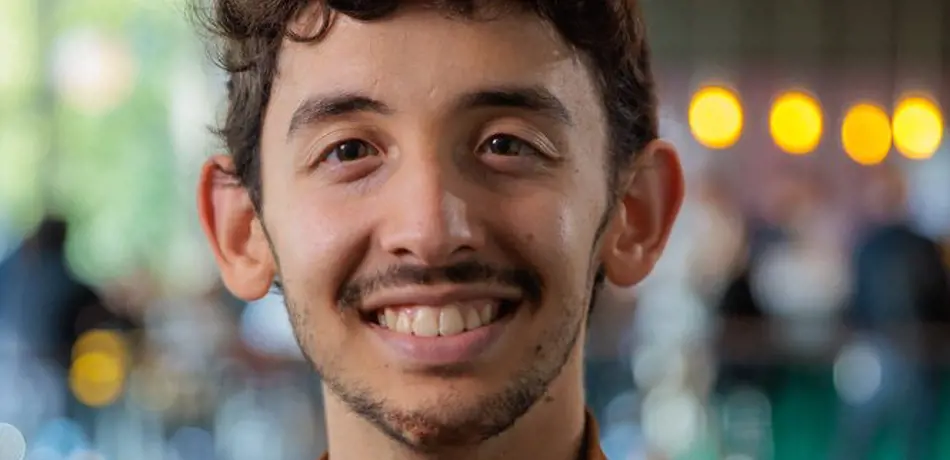
Yonatan Gideoni
Before starting AIMS I completed an MPhil in Computer Science at the University of Cambridge and a BSc in Physics from the Hebrew University of Jerusalem. There I also completed a minor in computer science and took a diverse assortment of courses, ranging from astrobiology to algebraic structures. In parallel I also worked at Mobileye on maps for autonomous vehicles, taught at the Israeli Arts and Sciences Academy, and had a machine learning for quantum computing research internship. Outside of my studies, I enjoy reading literature and learning about different cultures.
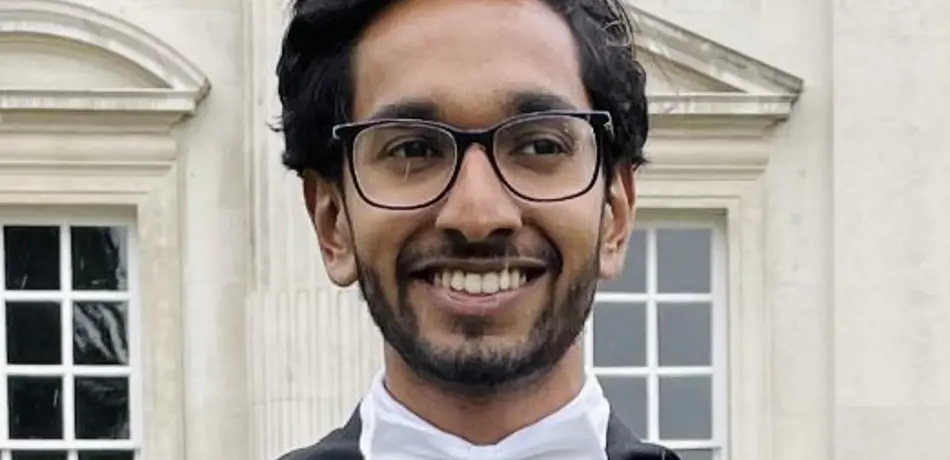
Dulhan Jayalath
I care about understanding the nature of learning and consciousness in intelligence of any form, whether human-like or otherwise. My interest in AI research began as an undergraduate at the University of Southampton, where I investigated how we can navigate autonomously in natural environments using only the visible spectrum as humans do. Then, as a master's student at the University of Cambridge, I delved into multi-agent learning. My work aimed to understand how we can encode information about environments so that agents can leverage their prior knowledge to learn faster and with less data, much like how humans map our existing knowledge to new scenarios to learn quickly. Now, on the AIMS CDT at Oxford, I will be working on neural decoding, researching how we can map brain signals to representations like text and images to help those with limited ability to communicate. I hope that this work will be a step towards another paradigm of AI---perhaps one controlled by human thought.
Beyond university, I spent one summer as a machine learning research intern at Speechmatics, working on representation learning for speech recognition technologies. Before that, I spent two summers as a kernel developer at Arm, developing algorithms for machine learning kernels that utilise new hardware efficiently. In my free time, I enjoy sports (mostly tennis), films, and learning about anything that captures my curiosity.

Ben Kaye
I have received an MEng in Engineering Science from Oxford University, and I am super excited to be working on robotics problems. My interests lie in optimisation and control, and on the side I enjoy climbing, Taekwondo, and travelling. Prior to joining AIMS, I worked as a control engineer in the medical device industry.
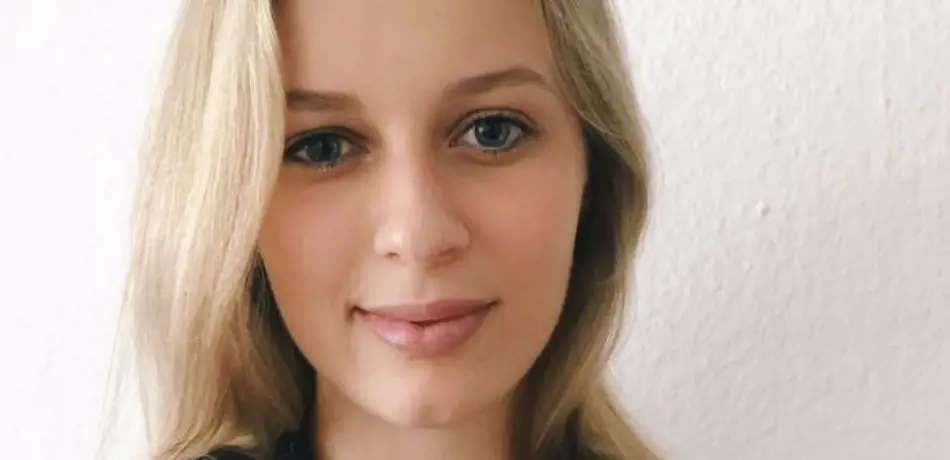
Luisa Kurth
My motivation is to help improving people’s lives through AI. Currently, I am mostly interested in the challenges of advancing machine learning for medical image analysis. The CDT in AIMS offers the perfect platform for this journey and I’m excited to connect with anyone sharing my interest.
I hold a Bachelor's degree in Psychology from the University of Mannheim and a Master's degree from the University of Oxford's Internet Institute. During my time at Oxford, I participated in cutting-edge research on the societal and ethical aspects of AI. This experience fueled my fascination for machine learning, leading me to pursue a second Master's degree at the University of Tübingen, where I focused on the foundations of deep learning, large language models and explainable AI. Along the way, I've conducted brain research at the Max-Planck-Institute and worked as a policy researcher at the OECD.
Outside of research, I enjoy reading, socializing with friends, and visiting art galleries.

Bernardo Lustrini
I was born in Naples, Italy, but grew up in South Holland in the Netherlands. I moved to the UK for University and graduated with an MEng in Engineering from the University of Cambridge (Queens' College) in 2021, specialising in Information Engineering.
My master's research was in the Cambridge Computer Vision & Robotics group, where I looked at developing techniques to predict the fit-quality of rigid face masks from 3D scans of human faces.
After graduating I started working as a Computer Vision research engineer at Oxehealth: an Oxford university spin-out that specialises in non-contact vision-based patient monitoring systems. I’ve worked on many projects involving all things Computer Vision, but I have particularly enjoyed my recent work on multi-person tracking. Oxehealth is also sponsoring my DPhil research, which will focus on pushing the state-of-the-art in non-contact health monitoring, with a particular focus on inpatient mental health settings.
I'm happiest on a football pitch or with a guitar in hand, preferably both. I've done a bit of climbing and would like to pick this up again in my coming years, as well as hiking as I'm always looking for excuses to go out into nature.
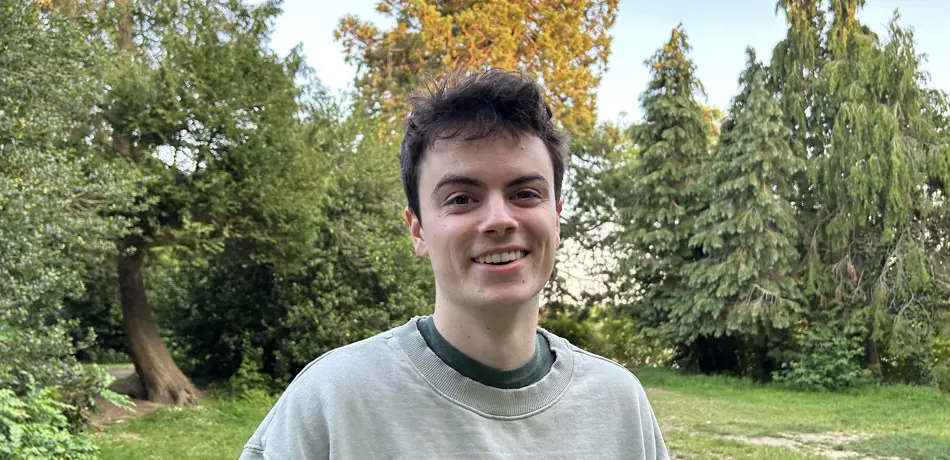
Harry Mead
I grew up in Australia and graduated in 2023 from the University of Oxford with an MEng in Engineering. Throughout my time at Oxford, I undertook a number of internships including at the Oxford Robotics Institute as well as Archangel Imaging, the latter of which focused on researching few-shot learning applications in computer vision. For my final year project, I explored the effectiveness and limitations of imitation learning for applications where labelled demonstration data is unavailable, with comparisons to reinforcement learning in terms of agent performance and similarity to human behaviours.
Outside of study, I enjoy playing tennis, as well as watching any sport that is on.
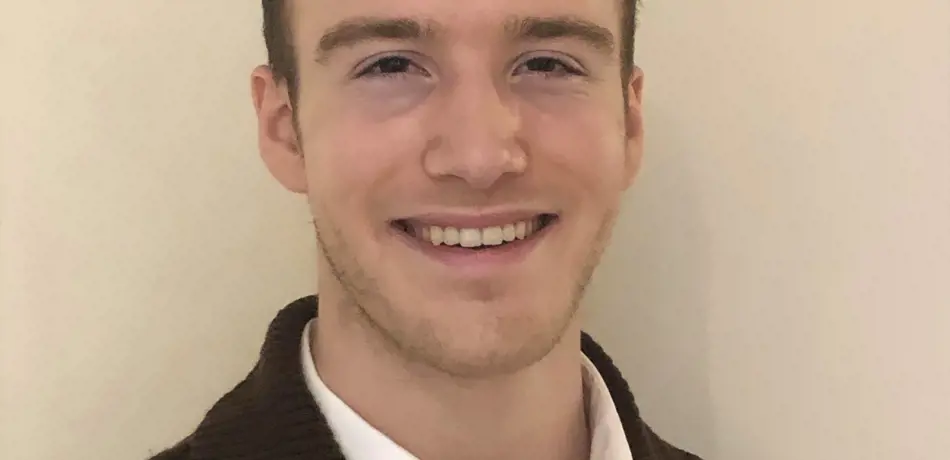
Darius Muglich
I graduated with an Honours BSc in Mathematics and Computer Science from the University of British Columbia. I then completed a MSc in Computer Science from the University of Oxford. My MSc research focused on improving coordination amongst agents in cooperative multi-agent systems. I am broadly interested in improving robustness and generalization capabilities of ML systems, particularly in multi-agent contexts, as well as in human-AI coordination. I am generously funded by Toshiba Research and the EPSRC for my doctorate, so to continue developing methods for agents to better generalize and adapt to novel tasks and environments.

Alex Pondaven
I am interested in working with generative models that can understand the structure of data in a compositional and generalisable manner. After working with object recognition models and video data pipelines for road users at Humanising Autonomy, a computer vision startup, I realised how current state of the art models are very dependent on large amounts of data and lack robustness to new problems. I have had the opportunity to apply meta learning techniques for satellite image inpainting as a research project while studying at Imperial College London. As part of my Master's Project at Imperial supervised by Yingzhen Li, I worked with text-to-image diffusion models and investigated how the diversity of generated images can be improved efficiently. I just graduated from my MEng in computer engineering in 2023 and plan on continuing to work on these generative models for vision in the AIMS CDT. Outside of machine learning, I love running, climbing, working out, gaming and playing piano.
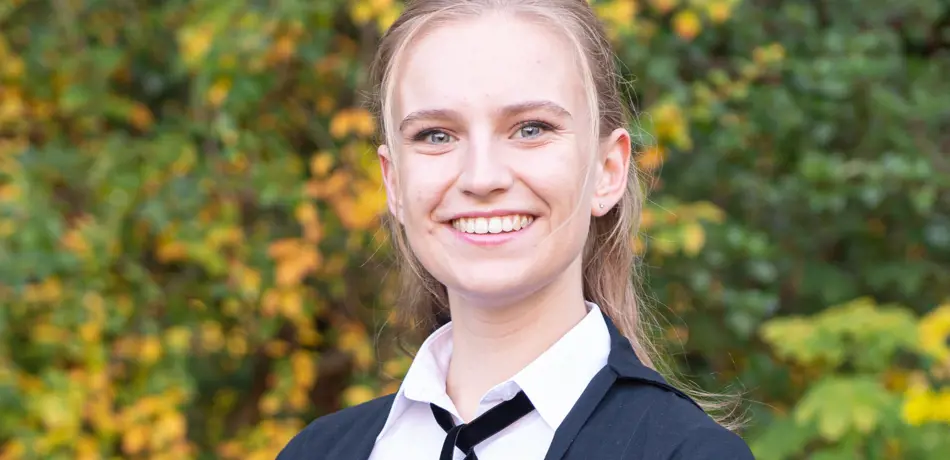
Eleanor Trollope
Prior to pursuing my PhD, I completed my master’s in Mathematics and Foundations of Computer Science at the University of Oxford in 2023. My thesis explored solving differential equations using Physics-Informed Neural Networks. During my master’s, I also worked with Quantinuum on a paper involving quantum circuits for natural language processing. Prior to this, I did an internship funded by UniQ+ DeepMind in the Torr Vision Group in Oxford where I worked on equivariance and self-supervised learning. This internship was my step back into academia after working as a quantitative analyst in finance for 2.5 years. Before this, I graduated with a degree in Natural Sciences from the University of Exeter, with a focus on mathematics and computer science. Outside of my research, I enjoy travelling, dancing, and reading about science.
2022 Cohort
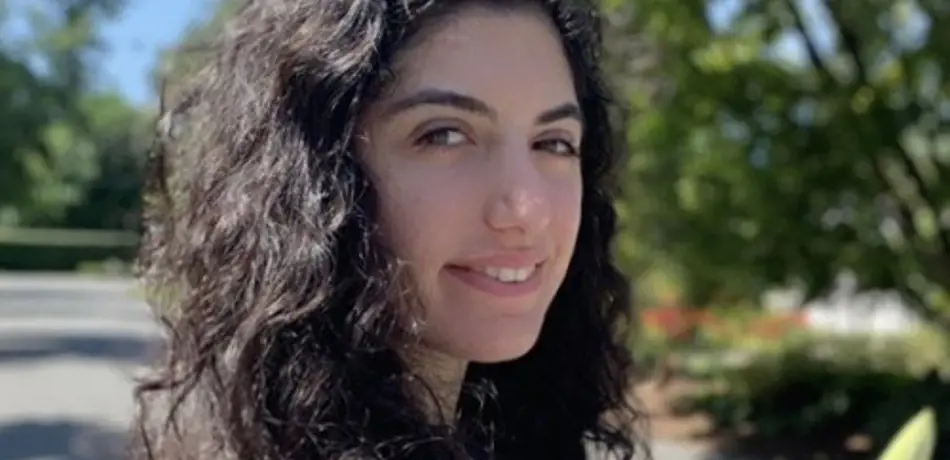
Niki Amini-Naieni
I received my bachelor's degree in computer science with summa cum laude distinction from Cornell University's College of Engineering in 2022. As an undergraduate, I conducted research and development at Project Kuiper, Amazon's initiative to launch a constellation of satellites into low Earth orbit (LEO) to provide internet to unserved and underserved communities around the world. I have also interned at SpaceX's Starlink constellation prior to joining Amazon.
At Amazon, I contributed to two main projects. For my first project, as the first intern at Kuiper, I developed a software engine using novel mathematical techniques I invented for the rapid analysis and synthesis of phased array antenna beamforming. This novel engine is two to three orders of magnitude faster than off-the-shelf versions. For my second project, I created an intelligent system for phased array antenna calibration and measurements.
For my last year as an undergraduate at Cornell, I studied abroad at Oxford in maths and computer science. At Oxford, I conducted a research project on domain generalization with the Torr Vision Group. I look forward to exploring topics in space systems, computer vision, and machine learning during my first year of AIMS. Outside of research, I enjoy kickboxing, yoga, running, healthy cooking, and spoken word poetry.
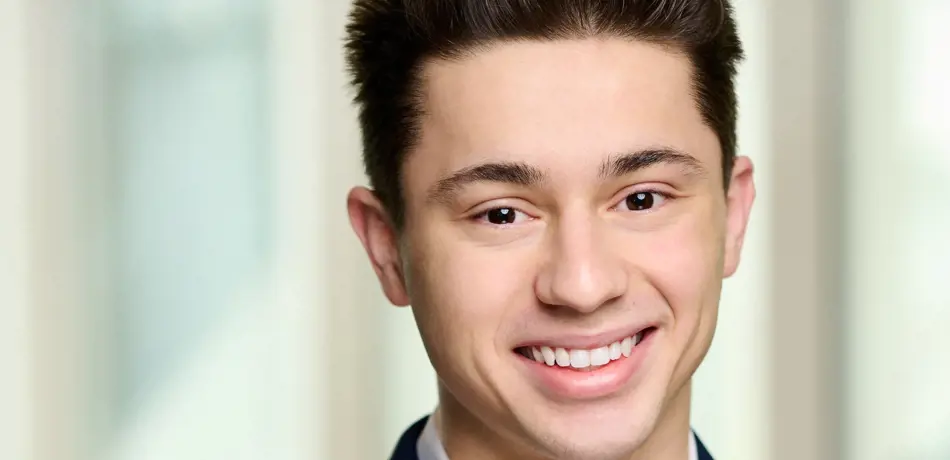
Uljad Berdica
I received a Bachelor of Science in Electrical Engineering from NYU in May 2022. My research experience spans across many disciplines including Computational Physics, Robotics, Electronics and Hardware Cybersecurity.
My capstone project was on the implementation of the Advanced Encryption Standard on hardware and effective statistical attacks on its power side channels. I have worked on physical simulations of multi-robot mobile 3D printing, computer vision methods to streamline biomedical image annotations and used various controls and automations methods to test analog circuit designs for Electrochemical Impedance Spectroscopy. I look forward to furthering my knowledge in advanced statistics, Machine Learning and sensor fusion to solve odometry problems in autonomous robotics.
I am an avid long-distance runner and stand-up comedian with multiple performance credits in English and Albanian. I love cooking, reading poetry and all genres of heavy metal music.
LinkedIn: https://linkedin.com/in/uljadberdica
Website: https://uljadberdica.com
Github: https://github.com/uljadberdica1000
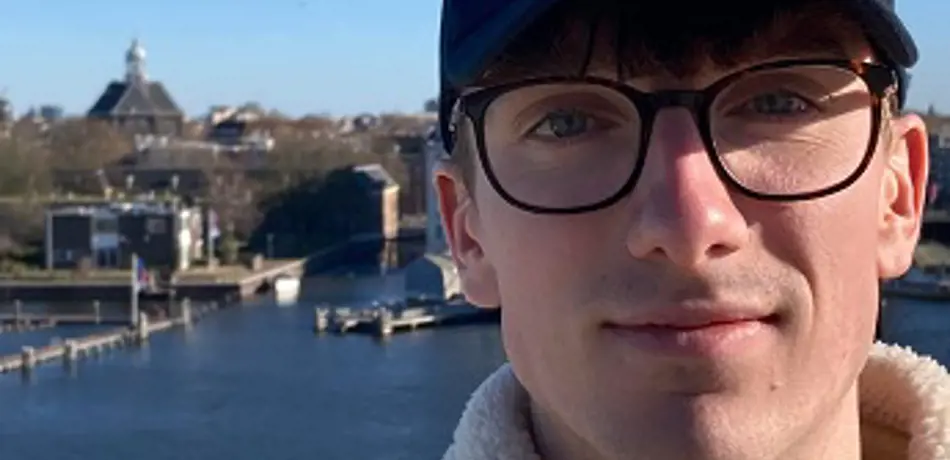
Jonathan Cook
I grew up in Leicestershire before heading down to University College London (UCL) where I graduated with a BSc in Theoretical Physics. I was then funded and mentored by the DeepMind Scholarship to study for an MSc in Computational Statistics and Machine Learning, also at UCL. My Master's research focused on the generalisation capabilities of multi-agent reinforcement learning models, but I'm also deeply interested in the collaborative AI research agenda; the problem of human-AI coordination in real-world systems; and how artificial agents can learn grounded communication strategies. I've previously had the pleasure of working on several AI for social good projects, publishing research in deep learning for online misinformation detection, natural language processing for time-varying offensive language detection, and working with the United Nations to predictively map the world's offline population. Rowing, rugby and films are a few of the ways I like to spend my free time.
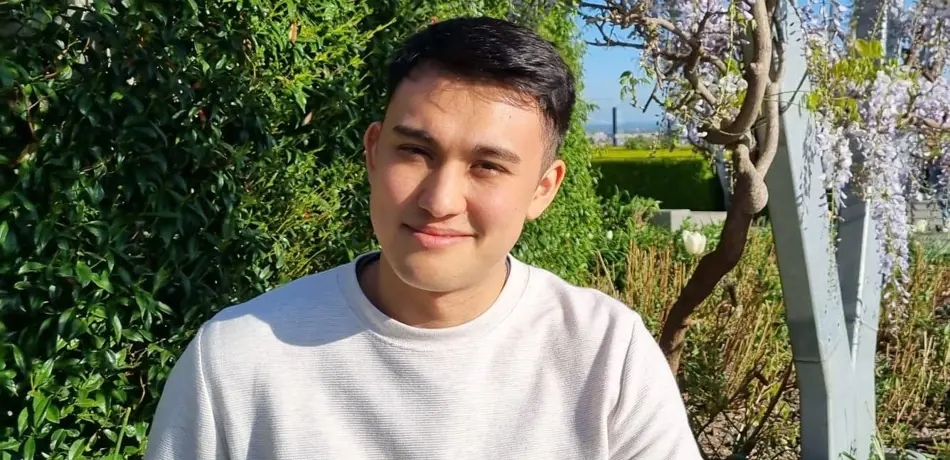
Samuel Coward
Before joining the AIMS CDT, I worked as a machine learning engineer investigating: GNNs, attention-based models, and reinforcement learning towards solving problems related to electronic design automation. It was during this time that I became interested in applying reinforcement learning to large action space problems. Prior to this, I received my MEng in computer science from Bristol University, with extra interest in computational neuroscience, followed by a brief stint in the games industry. In my spare time I enjoy swimming, piano, and cooking.
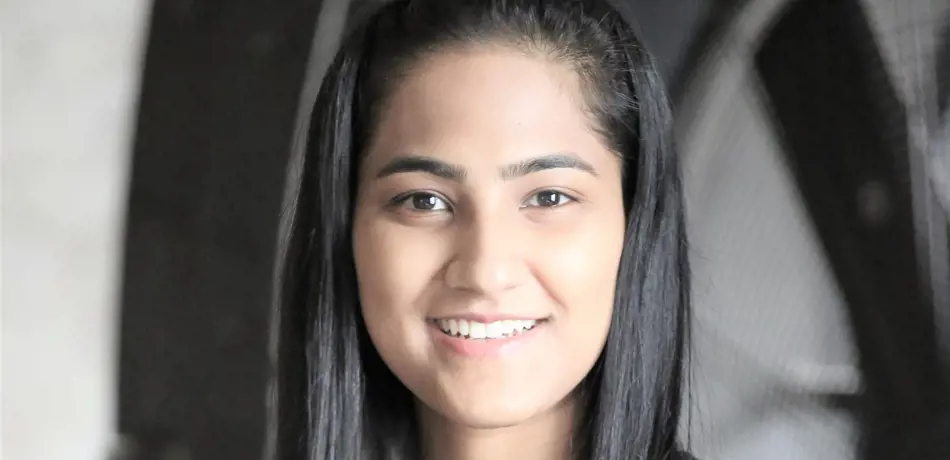
Oishi Deb
Prior to starting my PhD at the University of Oxford, I gained industrial experience at Rolls Royce working in Software Engineering, Data Science and Machine Learning. I was named 2017 Student of the Year by the President and Vice-Chancellor of the University of Leicester based on my academic performance on my undergraduate degree in Software and Electronics Engineering with Industry. I was selected for the DeepMind Scholar programme, as part of which DeepMind funded my Master's in Artificial Intelligence. The DeepMind scholars were chosen based on academic records and industrial experience. Prior to starting my PhD I have presented at the NeurIPS WiML workshop and has also been involved as an ICML workshop reviewer.
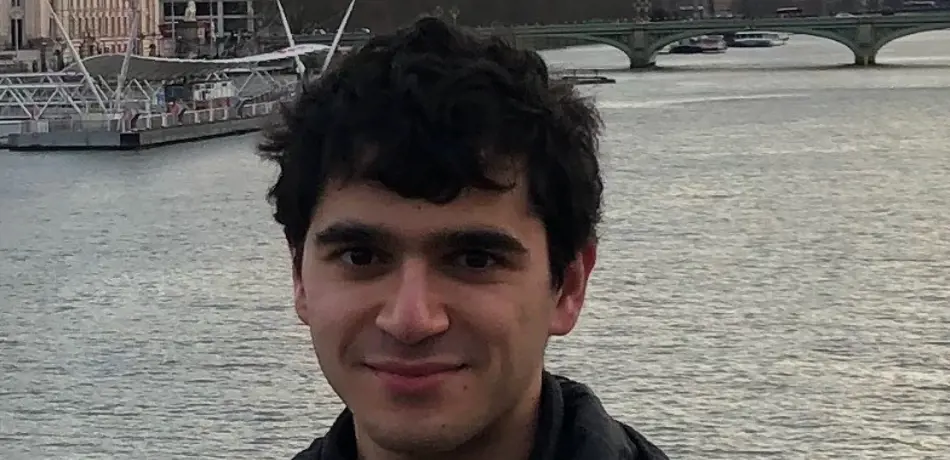
Mark Eid
I grew up in Hertfordshire, and recently graduated from Imperial College London with an MEng degree in Mechanical Engineering.
The robotics and computing elements have been the highlights of my course, together with the designing of an amphibious waterway cleaner robot for my 3rd year group project. As such, I am really excited to further expand on this and delve deeply into the details of many new cutting-edge fields as part of the AIMS CDT.
I enjoy playing hockey and squash on a regular basis, and whenever possible I love to ski, kite/windsurf and paraglide.
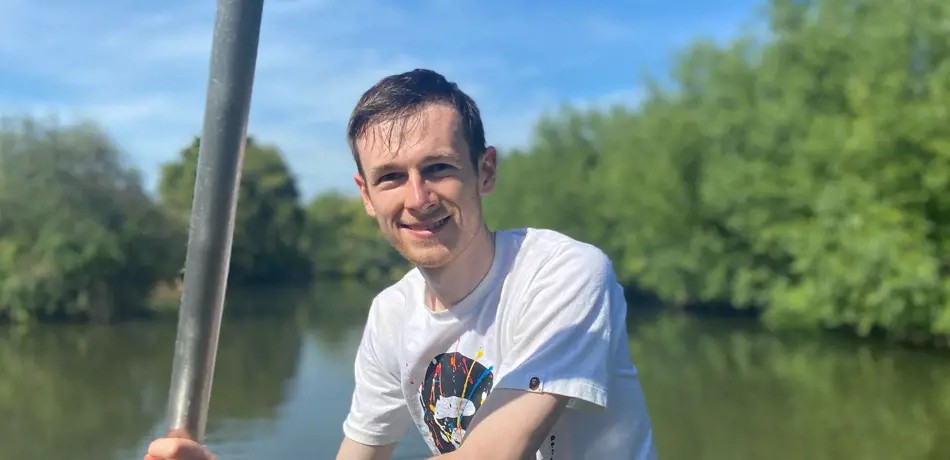
Alex Goldie
Having grown up in Cheshire, I graduated from the University of Oxford with an MEng in Engineering Science in 2022. Throughout my time in Oxford, I explored a range of different engineering areas; I discovered my passion for machine learning on a summer research internship at the Oxford Robotics Institute, where I considered an application of computer vision for semantic segmentation of off-road driving terrains. The skills I developed on this internship were extended in my final year project, where I researched natural language processing techniques and graph neural networks to understand the similarities of different scientific fields.
I can’t wait to explore the wide-ranging subject areas of AIMS, develop new passions as part of the course and develop impactful research on my PhD.
Besides my background as an engineer, I love playing hockey and immersing myself in a good fantasy book.
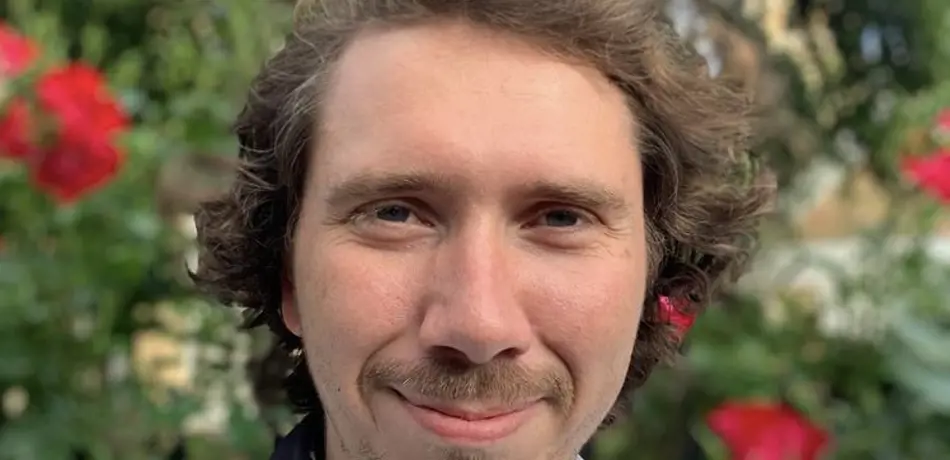
Lars Holdijk
Originally from the Netherlands, I obtained my bachelor’s degree in Computer Science from the University of Groningen and my master’s degree in Artificial Intelligence from the University of Amsterdam. During my master’s degree, I worked with professor Max Welling and professor Yarin Gal as part of the ELLIS honours program. Consequently, I spend the last year of my degree at the University of Oxford. Between my bachelor’s and master’s degrees, my interest in AI brought me to work as a researcher in autonomous driving in the Innovation Campus at Porsche AG in Germany.
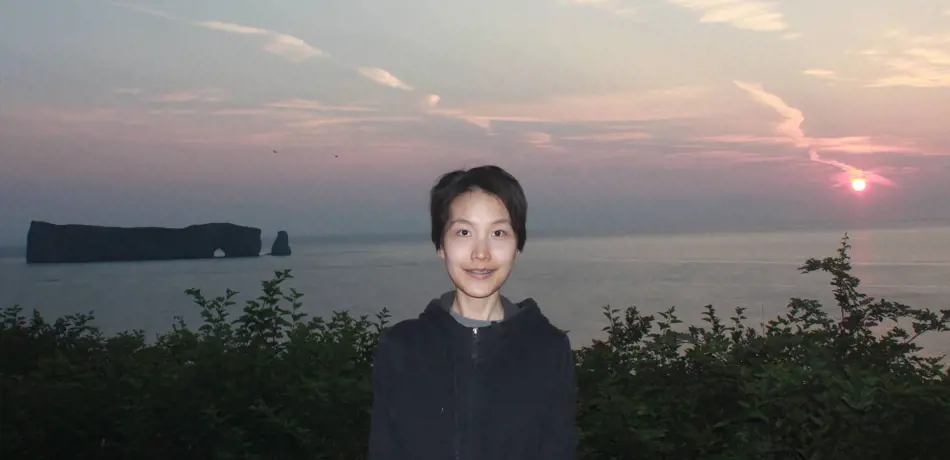
Anjun Hu
I graduated from McGill University in 2022 with a Bachelor's degree in Honours Electrical Engineering. Under the supervision of Professor Tal Arbel, I have worked on a number of projects involving machine learning for medical image analysis. I have also interned at Ericsson Canada as an IoT developer. I’m very excited to start my graduate studies at AIMS CDT and continue exploring various probabilistic inference methods and their role in healthcare. In my spare time, I enjoy baking, gardening and road trips.
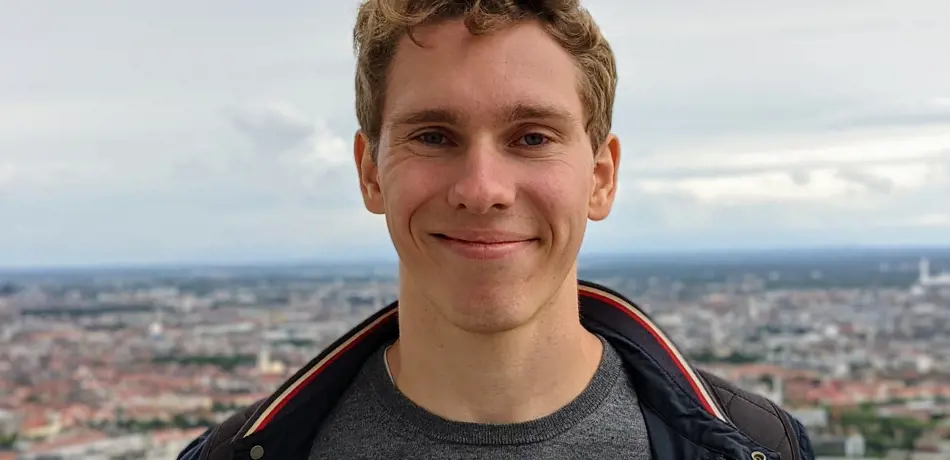
Mathias Jackermeier
I am originally from Germany and hold a Bachelor's degree in Informatics from the Technical University of Munich. In my final year I worked on a project combining machine learning and verification for efficient strategy representation in controller synthesis. After that, I pursued an MSc in Computer Science at the University of Oxford with a focus on machine learning. My Master's project involved the intersection of machine learning and symbolic reasoning techniques to develop efficient methods for reasoning and prediction in large-scale knowledge graphs.
During the AIMS CDT, I wish to continue to work on the intersection of machine learning with other areas of computer science, such as verification and knowledge representation. When I'm not working, you might find me playing the piano, reading a good book, or working out in the gym.
GitHub: https://github.com/mathiasj33
LinkedIn: https://www.linkedin.com/in/mathias-jackermeier/
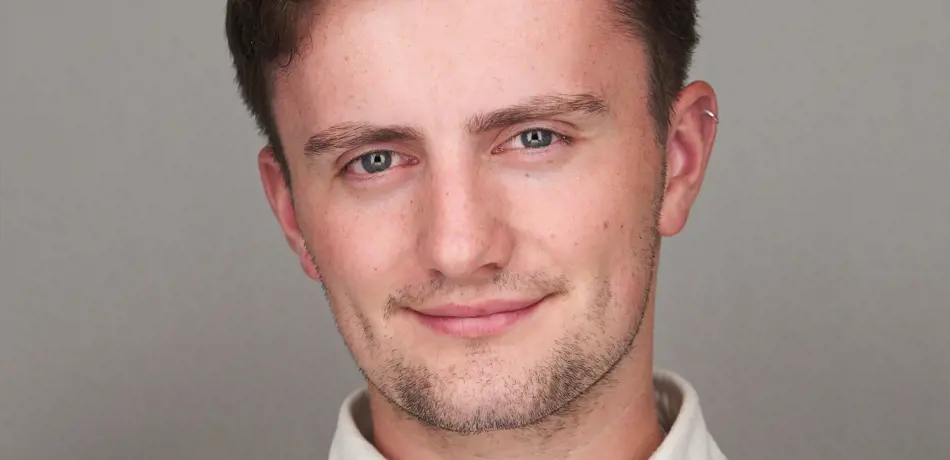
Scott Le Roux
Growing up in Dublin, Ireland, I pursued my studies at Trinity College Dublin obtaining a BA in Mathematics. I also spent a year abroad at the University of Pennsylvania. During my studies, I undertook some research projects in the areas of Computational Geometry and Topology. After this, I turned my interest to Machine Learning undertaking a summer internship with Partnership for Advanced Computing Europe and STU Bratislava. During this I researched the use of Neural Networks for Quantum Chemistry problems.
I look forward to continuing my studies within the AIMS CDT. I am interested in researching topics in the growing field of Geometric Machine Learning but am also excited to discover the range of topics offered in the program.
Outside of academics I enjoy reading, running, hiking and playing or watching most sports, especially an Arsenal game."
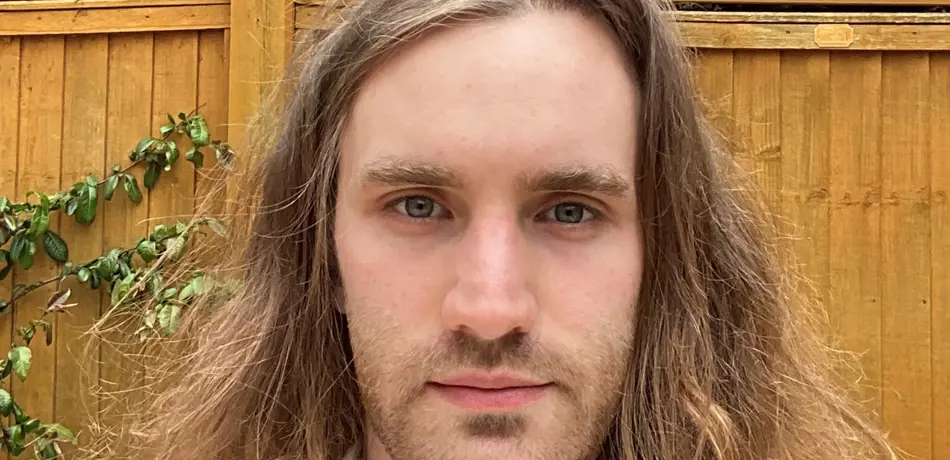
Jake Levi
I am enthusiastic about trying to overcome the shortcomings of machine learning relative to human intelligence, particularly by applying insights from neuroscience to current machine learning methods. As a student on the AIMS CDT, I intend to develop machine learning models which learn useful representations from video using unsupervised learning, and I would like to extend and apply such models to challenging problems in reinforcement learning, with an emphasis on improving sample-efficiency. I have worked from 2019-2022 writing software for wireless communications at Cambridge Consultants, and previously studied at Jesus College Cambridge from 2015-2019, graduating in “Information and Computer Engineering”, including a fourth-year project on meta-learning with Professor Richard Turner. In my free time I enjoy climbing (trad, sport, and bouldering), hiking, watching movies, and playing classical guitar.
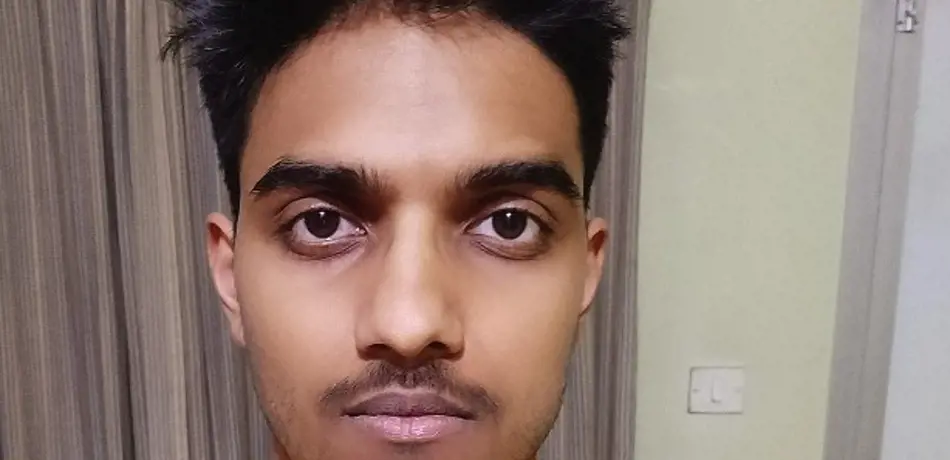
Kalyan Ramakrishnan
Starting out as an aerospace engineering undergrad at IIT Madras, my varied experiences and independent study have led to unexpected research interests. Today, I want to pursue research in machine learning, computer vision, and ways to take inspiration from human intelligence to improve artificially intelligent systems. I am also keen on exploring the theoretical foundations of machine learning and devising algorithms that humans can easily interpret. Given my wide-ranging interests, the AIMS CDT is ideal since its preparatory phase would allow the time and freedom to formulate specific research questions for my dissertation. I look forward to learning from the world-renowned faculty members at Oxford and making an impactful research contribution.
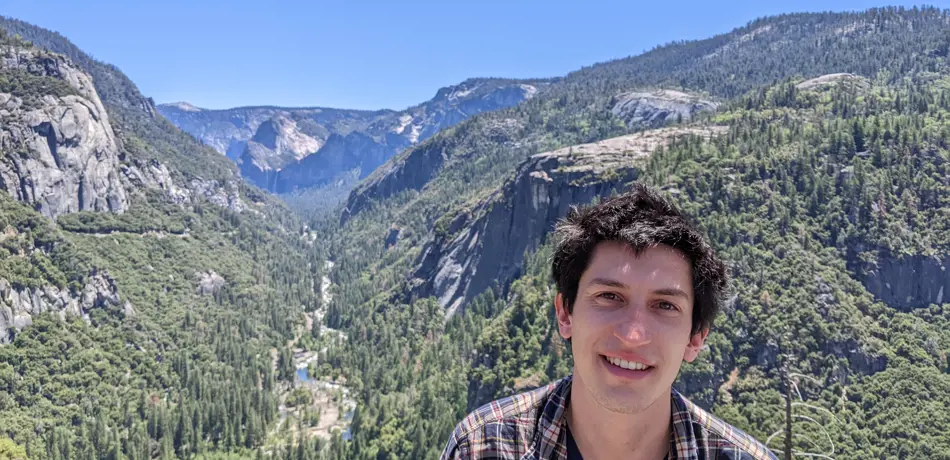
Oliver Sourbut
I grew up in Bath, England. Mathematics and computer science have always been major interests, along with philosophy, music, and biology.
For several years I've worked in software R&D, most recently as a Senior Data Scientist at The Trade Desk, designing and implementing optimisation, control, and forecasting algorithms in real-time bidding.
I also spend some intermittent time with the Stanford Existential Risks Initiative, researching methods for safety and beneficence of highly capable artificial systems, a difficult and important task which the research community must consider carefully. To date I have focused on the (dis)analogies between biological and artificial systems, and the nature of intelligence, goals, and learning.
I am especially interested in reinforcement learning, exploration, and curiosity, and the properties of training trajectories. I also look forward to learning about a breadth of interrelated topics with the CDT!
Outside research, I enjoy reading, music, exploring nature, and gaming (especially cooperative).
2021 Cohort
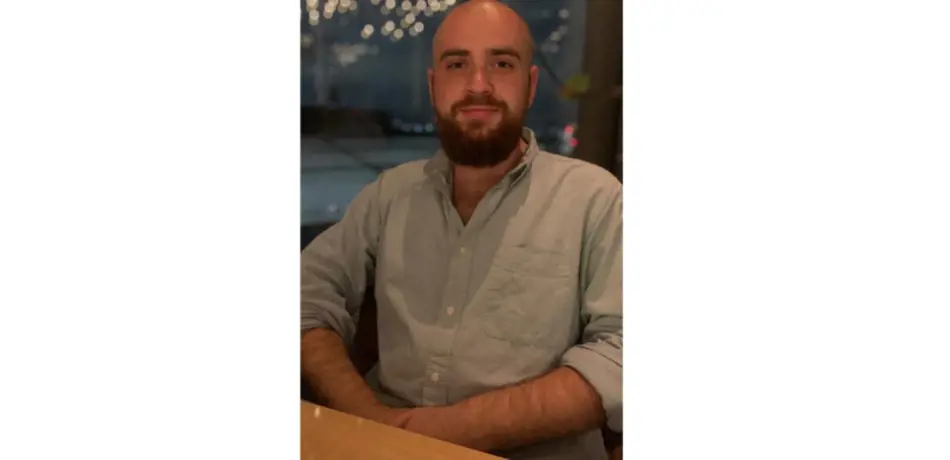
Patrick Benjamin
After studying Russian and Arabic at the University of Oxford, I conducted anti-corruption investigations for two years at a risk consultancy firm. I became interested in safe and beneficial AI, in pursuit of which I undertook a master’s in computer science at Imperial College. I have worked for the last year as a researcher at Imperial, designing a machine learning-based tool to be used by the National Crime Agency in combatting sexual offences against children. I am looking forward to continuing to contribute to the development of human-aligned AI during and after the CDT programme. Outside of research I enjoy long walks, especially when they end with food or a pub.
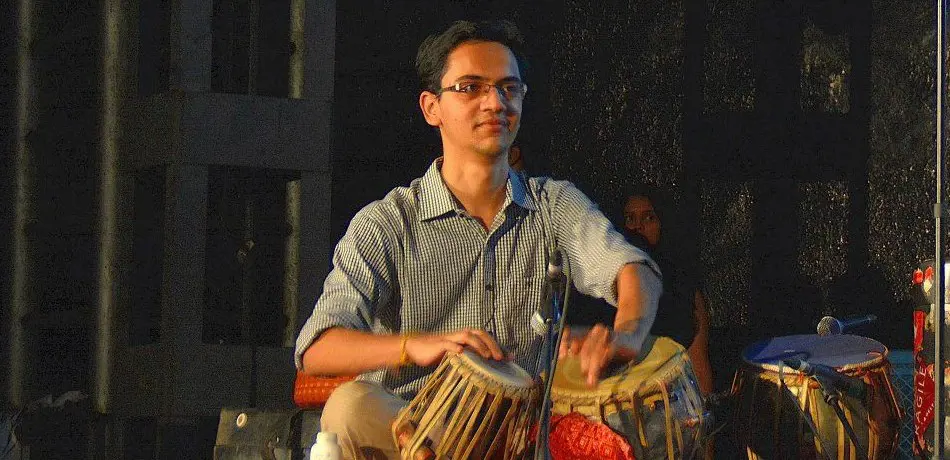
Yash Bhalgat
My main research interests are 3D Computer Vision, Language + Vision (multimodal AI) and self-supervised learning. I have been a Research Scientist at Qualcomm AI Research, San Diego for the last 2 years, where my work was primarily at the intersection of Computer Vision and Efficient Deep Learning. Prior to that, I graduated from University of Michigan - Ann Arbor with a Masters in Computer Science and from Indian Institute of Technology (IIT) - Bombay with a Bachelors in EE. To get away from my exciting yet stressful life as a computer scientist, I indulge myself into the realms of music. I am passionate about Tabla, an Indian percussion instrument, and also a bit into beatboxing.
Personal webpage: https://yashbhalgat.github.io/
LinkedIn: https://www.linkedin.com/in/yashbhalgat/
Github: https://github.com/yashbhalgat/
Music channel: https://www.instagram.com/yashbhalgat.music/
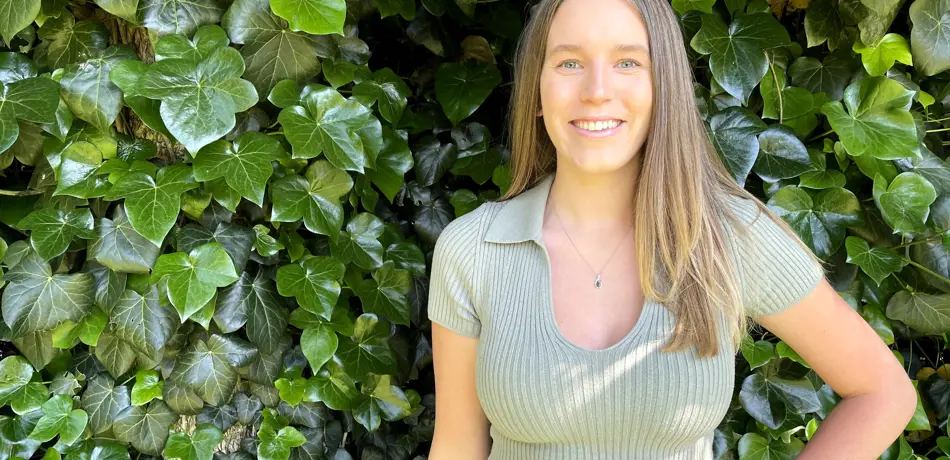
Kelsey Doerksen
I am originally from Ontario, Canada, where I received my Bachelor's degree in Aerospace Engineering, Space Systems Design with a Minor in Business from Carleton University, and my Masters degree in Electrical and Computer Engineering from the University of Western Ontario. During my Masters, I completed an internship at the NASA Jet Propulsion Laboratory in the Machine Learning and Instrument Autonomy group working on Mars rover technology, and an internship at l’Observatoire de Paris with the Celestial Mechanics and Space Weather Laboratories, where I now research and lecture part-time. I am a Space Systems Engineer and Satellite Operator at Planet, operating the world’s largest Earth Observation satellite constellation. I am looking forward to deepening my knowledge in the field of Machine Learning at AIMS and in particular how to utilize Earth Observation datasets and Machine Learning to research climate change and its impacts.
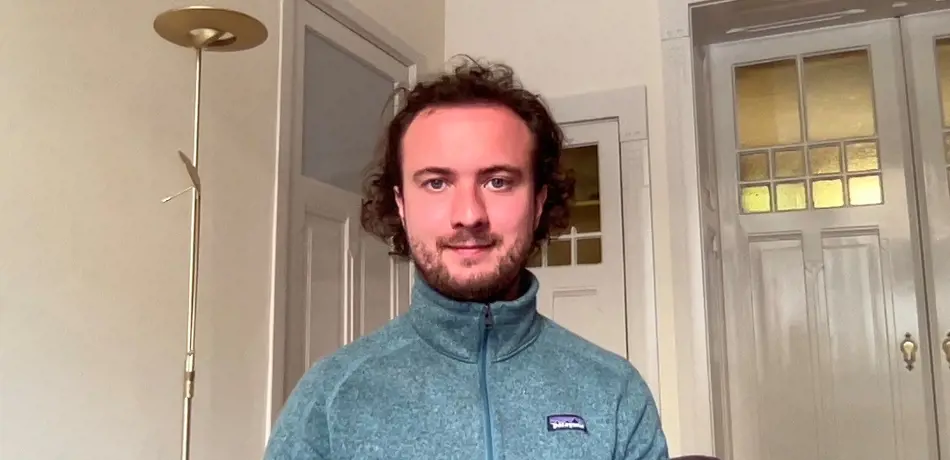
Amon Elders
My main research interest lies in the safety and stability of machine learning systems. I have done work on algorithmic fairness at IIT, AI-safety at Stanford, and worked as a datascientist for Spark Wave, a company that works to alleviate mental health at scale. I have had some stints in finance through internships in investment banking, private equity, and venture capital. I enjoy letting the mind wander by taking walks in nature, contact-juggling and I have extensive tai-chi and meditation experience, spending 2 years in retreat. I once reached grandmaster level in Starcraft 2.

Gunshi Gupta
I grew up in New Delhi, India where I got my applied-math engineering degree from DTU, New Delhi. After dabbling in software engineering and robotics research for 2 years at Microsoft and IIIT Hyderabad, I joined Mila under Prof Liam Paull’s supervision at the Real and embodied agents lab. My master’s research was on the topics of bayesian deep-learning, meta learning and continual learning. Before joining the AIMS CDT, I’ve been working for a year at the autonomous driving startup Wayve that aims to solve the self-driving problem using end-to-end deep learning. My DPhil research will revolve around the problem of probabilistic and causally-correct learning from data, with a focus on robotics tasks. I love being outdoors and enjoy most physical activities, and while indoors I enjoy reading and cooking.

Benjamin Gutteridge
I grew up in Worcestershire and completed my MEng at the University of Oxford, specialising in information engineering. For my final year project I investigated gradient descent in variational inference as part of the Bayesian Exploration Lab. In 2020 I undertook a summer internship on the HumBug project within the MLRG at Oxford, working on voice activity detection and removal in aid of mosquito detection and classification systems. I am broadly interested in machine learning, particularly Bayesian methods, and am excited to continue to learn and engage in impactful research projects within the AIMS CDT. In my free time I enjoy reading, playing D&D, and finding interesting pubs.
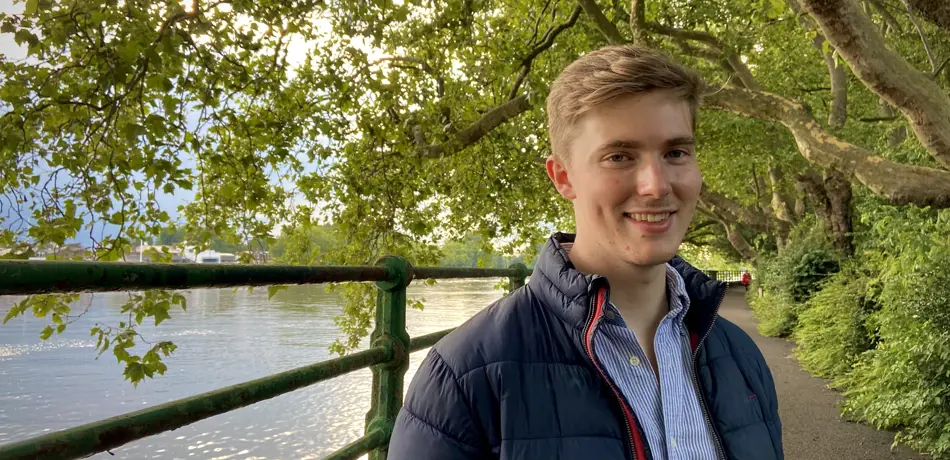
Matthew Jackson
I grew up in Nottingham and graduated from the University of Cambridge with a BA in Computer Science. Following this, I moved to University College London for an MSc in Machine Learning, where I researched model-based meta-reinforcement learning with Tim Rocktaeschel and Edward Grefenstette. Outside of academia, I have completed internships working on Alexa at Amazon and efficient neural network inference at Arm. Whilst in the AIMS CDT, where I am kindly supported by AWS and the Oxford-Singapore HMC initiative, I am keen to explore how reinforcement learning agents can use their prior experience to rapidly adapt to new tasks and environments.

Shreshth Malik
After growing up in Birmingham, I studied Natural Sciences (specialising in Physics) at St John's College, Cambridge. For my thesis, I worked on developing a machine learning approach for predicting the outcomes of material synthesis procedures. This project sparked my interest in ML and led me to then explore its industrial applications through an internship at a Cambridge-based start-up. I then joined a ML Master's programme at UCL, working with Humanloop (a ML start-up) for my thesis on combatting some of the issues with using active learning in practice.
In general, I am interested in the problems that currently limit ML systems to be taken out of the lab and used with confidence in the real world. This includes topics such as uncertainty quantification, data-efficient/self-supervised learning, robustness, and AI ethics/safety/policy. Away from the computer, I enjoy cycling and racquet sports, and am training for my first marathon.
Linkedin: https://www.linkedin.com/in/shreshthm1/
Github: https://github.com/s-a-malik

Benedetta Mussati
Originally from Italy, in 2020 I obtained a Master in Computer Science from the University of Oxford, funded by the DeepMind Scholarship. Before that, I graduated with a Bachelor in Artificial Intelligence and Mathematics from the University of Edinburgh.
I specialised in reinforcement learning, focusing on multi-agent systems for my Bachelor Honours Project. For my Master dissertation, I investigated metrics for early detection of a useful auxiliary task in deep reinforcement learning, working with Professor Shimon Whiteson. Before starting the AIMS CDT, I am working on model-based reinforcement learning with Professor Massimiliano Pontil at the Istituto Italiano di Tecnologia.
In my DPhil I want to investigate aspects of continual meta learning, improving the learning of useful latent representation and working on multi-task and transfer learning. I am curious about research in other areas and eager to draw connections with my own work.
Outside of research I like going for a hike or a run and practicing yoga, and I love exploring new places!

Aleksandar Petrov
After graduating from the TU Delft Aerospace Engineering program, I joined a startup working on autonomous aircraft. I fell in love with the question of how to make autonomous systems safe, and even more critically, how to certify that we have done so successfully. So, looking for answers to these questions, I joined ETH Zürich for a masters in Robotics, Systems and Control, during which I focused on statistics and machine learning theory. I also interned at Motional, an autonomous driving company, where I was working on tools for detecting the safe operational envelope of their self-driving stack.
At Oxford, I am working in the field of safety, reliability, and trustworthiness within intelligent systems. My research encompasses both foundational principles and practical applications, with a primary focus on ensuring the secure and dependable operation of autonomous systems, large language models (LLMs), and other machine learning applications where quality and safety performance are paramount. Additionally, I have a keen interest in promoting ethical practices for the deployment of AI-based systems and the development of effective regulatory and governance frameworks.
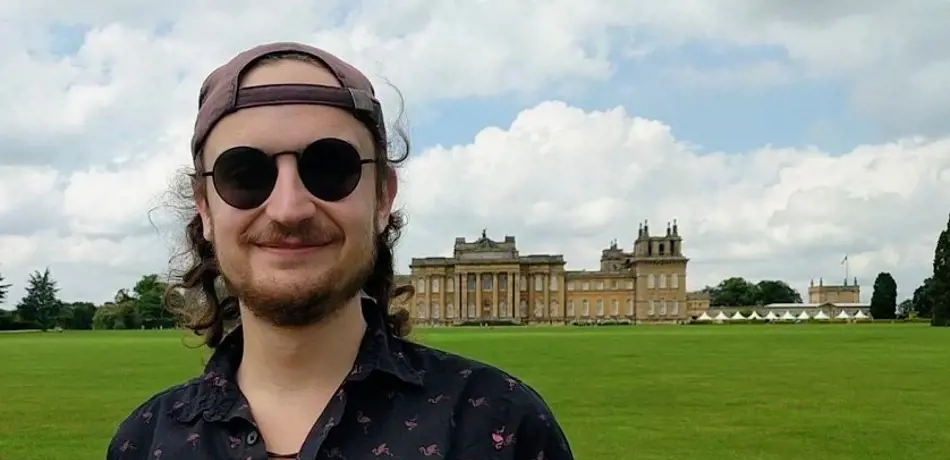
Luke Rickard
I graduated from the University of Oxford in 2021, obtaining an MEng in Engineering Science with a focus on information and control. In my final year project I investigated distributed charging of electric vehicles with considerations for uncertainty in supply.
I am particularly interested in multi-agent systems and reinforcement learning, with considerations on safety and verification but am excited for the broad range of topics the AIMS CDT has to offer.
I have previous experience from an internship with SteelRock Technologies in which I worked on the design of UAV and counter-UAV systems. In my spare time I enjoy hiking, playing KSP and am hopeful to take up bouldering once lockdown eases.
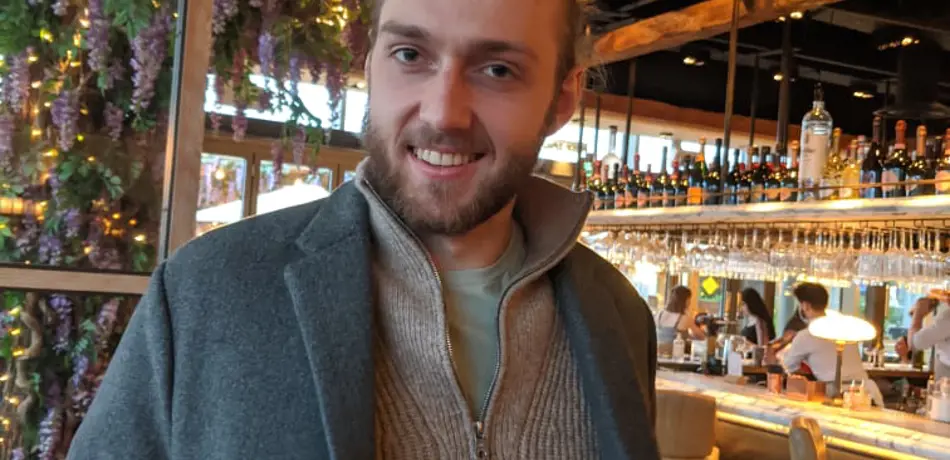
Sebastian Towers
I have been lucky to be able to study at Oxford, studying Mathematics and Computer Science at St Johns. Throughout the years, I have accumulated a wide range of academic interests that I want to investigate further, such as reinforcement learning, mathematical social choice, and game theory.
For my Master’s project I investigated some problems in game theory, in particular envy-free cake cutting, supervised by the excellent Professor Paul Goldberg.
I have also interned at both Erda Energy and G-Research, applying machine learning to supermarket heating solutions and financial markets, respectively. Both have been incredibly interesting and gave me an appreciation for how machine learning is used in industry.
Otherwise, I have a casual interest in history, philosophy, and video/board games. Talk to me about any of these, and we are bound to have an interesting conversation!

Ondrej Bajgar
I studied mathematics (with a pinch of economics) at the University of Warwick, then switched into machine learning, working as a research scientist for IBM Watson for 3 years, mainly in the areas of text understanding, dialogue systems, and the methodology of evaluating machine learning architectures. Interests and worries around the long-term safety of AI have lead me to move to the Future of Humanity Institute in Oxford, where I spent 2 years as a Senior Research Scholar looking into the shareability of AI safety solutions and their suitability for global AI regulation. I'm planning to partly continue working on these areas even during my doctoral studies. In my spare time, I'm co-organizing Summer Academy Discover, helping high school students find a meaningful future path, and enjoy running, hiking, and dancing Swing.

Freddie Bickford-Smith
I studied mechanical engineering at the University of Bristol, working on 3D printing with Ben Hicks (Design & Manufacturing Futures Lab) and on composite materials with Fabrizio Scarpa (Bristol Composites Institute). Implementing sequential Monte Carlo for a final-year robotics project got me hooked on probabilistic inference. So, after finishing at Bristol and taking a year off to ski and travel, I joined a master’s programme in machine learning at University College London. My research there involved using deep neural networks to better understand the influence of attention in visual perception. I did this in collaboration with Brad Love, Brett Roads and Ken Luo (Love Lab), and with additional supervision from Ed Grefenstette (UCL NLP / FAIR). Currently I’m especially interested in generative models and reinforcement learning.
Links:
Website: https://fbickfordsmith.com
LinkedIn: https://www.linkedin.com/in/fbickfordsmith
Google Scholar: https://scholar.google.com/citations?user=g094Ke8AAAAJ
GitHub: https://github.com/fbickfordsmith
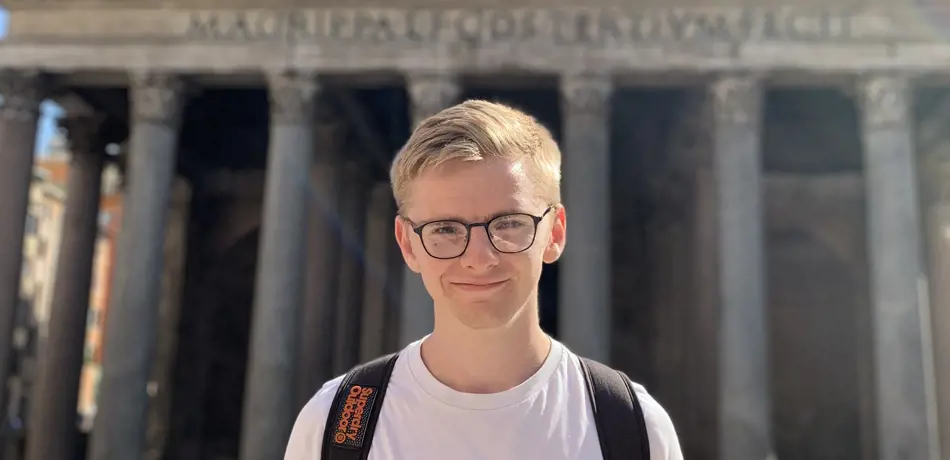
Jonathan Carter
I'm from rural Pembrokeshire, West Wales. I graduated from St. John's College, Cambridge with an MEng in Information and Computer Engineering, specialising in machine learning and statistical signal processing. My Master's project looked at safe and efficient approaches to model-based reinforcement learning. My research interests include scalable uncertainty quantification and self-supervised learning. My DPhil research is kindly sponsored by the healthcare company Oxehealth and will look to develop the existing state-of-the-art in non-contact health monitoring. Previously I interned at British Cycling where I worked on sensor design and signal processing algorithms, developing equipment for use by Olympic athletes. Outside of research I love football, running, reading and (courtesy of lockdown) have recently become an avid baker.
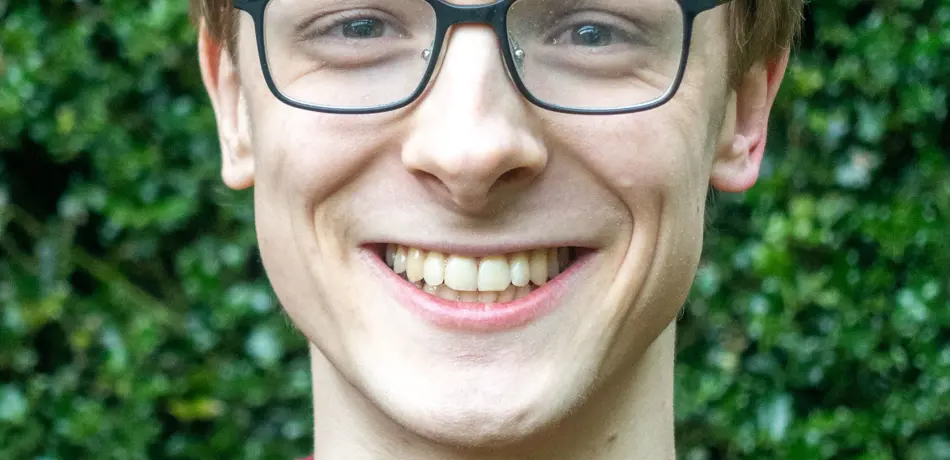
Benjamin Ellis
Before joining the AIMS CDT, I worked for 2 years as a software engineer at Man AHL in London. While there I worked on the position management for futures trading, and particularly on projects to make this more automated, reliable and maintainable. Before joining Man AHL, I graduated in 2018 from Homerton College, Cambridge with an MEng in Computer Science, where my dissertation was on the application of reinforcement learning to distributed stream processing systems. This prompted an interest in reinforcement learning and I look forward to expanding upon this in the AIMS CDT. In my spare time I enjoy bouldering.

Francisco Girbal Eiras
I am originally from Lisbon, Portugal, where I received my BSc in Electrical and Computer Engineering. In 2017 I obtained a Masters in Computer Science from the University of Oxford, mainly focusing for my thesis on efficient applications of formal methods and model checking to motion planning in semi-autonomous vehicles. After I graduated, I moved to Edinburgh and started as a Research Engineer at the autonomous driving startup Five AI, working primarily on motion planning problems via constrained optimisation, and contributing to the company's research on provably robust training of neural networks. My main research interests lie in the robustness of deep neural networks and the development of efficient techniques that can improve the scalability of network verification mechanisms, allowing them to be applied to state of the art systems. I am excited to pursue these interests further through the support of the AIMS CDT and Five AI. In my spare time, I enjoy web design and reading about world history.
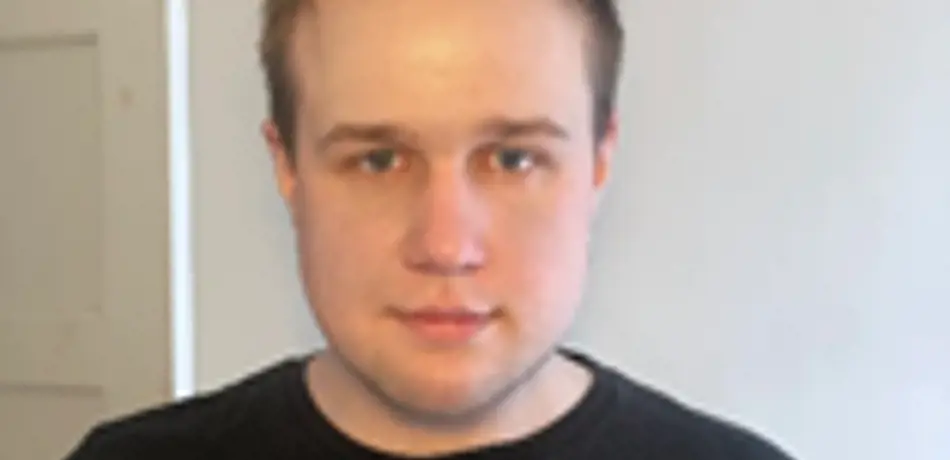
Laurynas Karazija
I graduated with MEng from the University of Cambridge, where I worked on improving neural network application in low-data regimes common in the biomedical domain. Afterwards, I worked in the industry, applying machine learning to computer vision and finance problems. I am excited by the different areas explored by AIMS CDT. Currently, my research interests are generative modelling, interpretability and object-based representations. In my free time, I enjoy running, cooking and probably watch more Netflix than I should.

Dominik Kloepfer
After growing up in Germany, I studied Natural Sciences (specialising in Physics) for my BA and then Mathematics for my MMath at the University of Cambridge. I gained my first experience in machine learning through a summer internship with IBM and a research internship at the Department of Computer Science in Cambridge, after which I decided to pursue that direction for my PhD. My current interests lie in scene understanding and perception for robots, but at the AIMS CDT I also look forward to learning about topics that I have not had much contact with. I love skiing and rowing, and very much enjoy devouring a good book.
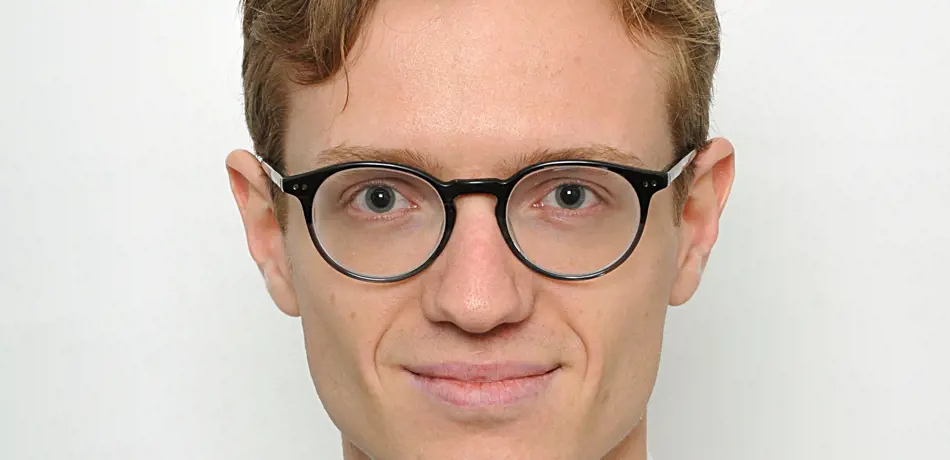
Pierre Osselin
I come from the Paris Area, France, where I studied Mathematics and Physics at Lycée Janson de Sailly Preparatory Classes before attending the engineering school École Centrale Paris. During this curriculum I also completed a Bachelor of Science degree in Pure Mathematics at University Paris-Sud and spent my last year in the Part C Mathematics and Statistics of the University of Oxford as part of a double degree. I then specialized in Computer Vision and Machine learning at Ecole Normale Supérieure of Cachan. During my studies I had the opportunity to work in a start-up in biotechnology, at the University of Versailles and at J.P Morgan on various research subjects. I look forward to joining the AIMS CDT and contributing to the scientific community.

Benjamin Ramtoula
I am originally from France and studied in Switzerland, where I graduated with a BSc in Microengineering from EPFL. I pursued a double-degree program focused on machine learning and robotics which I applied to multi-robot SLAM and object pose estimation. While completing an MSc from EPFL and an MSc from Polytechnique Montreal, Canada, I got the opportunity to carry out part of my studies as a visiting student researcher in Stanford University’s Multi-Robot Systems Lab and as an intern in NASA’s Jet Propulsion Laboratory’s CoSTAR team, working on the DARPA Subterranean Challenge. For my DPhil, I am interested in making robust tools to help robots make sense of their surroundings under challenging practical constraints and in a wide variety of environments.
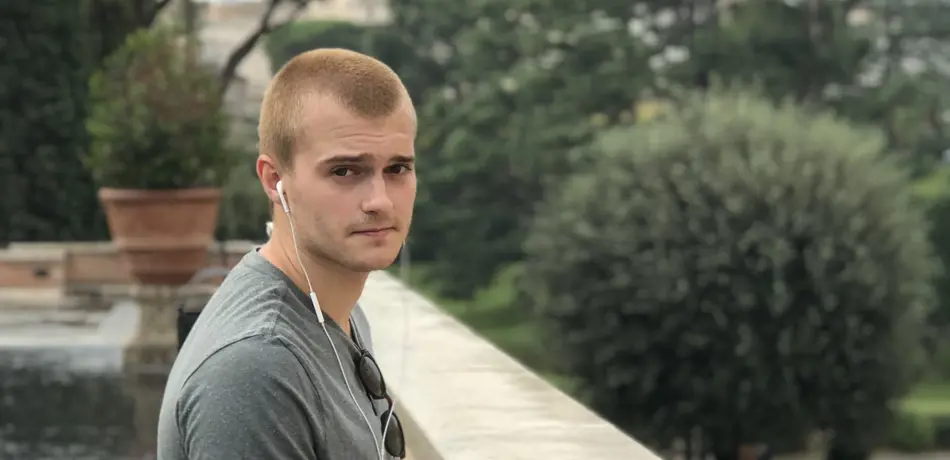
Aleksandar Shtedritski
I grew up in Sofia, Bulgaria, and completed MEng in Engineering Science at the University of Oxford, specialising in Information Engineering. In my final year project I worked on developing supervised and unsupervised computer vision algorithms for analysing the layout of historical documents. During my studies I had the opportunity to undertake internships focusing on NLP and deploying computer vision on embedded devices. My current research interests are in computer vision and unsupervised learning. In my free time I love cooking and going to the gym.
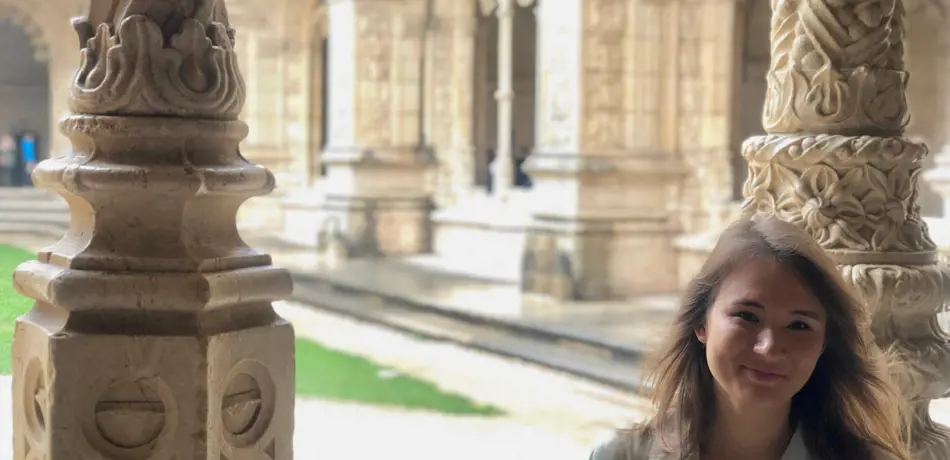
Lisa Schut
From a young age, I've been passionate about chess and previously was a member of the Dutch Olympic team. I obtained my BSc in Econometrics and Operations Research from Erasmus University Rotterdam, and two MScs in Statistics and Computer Science from the University of Oxford. As part of OATML, I spent time working on various machine learning projects under the supervision of prof. Gal. My interests fall in the general areas of machine learning and optimization.
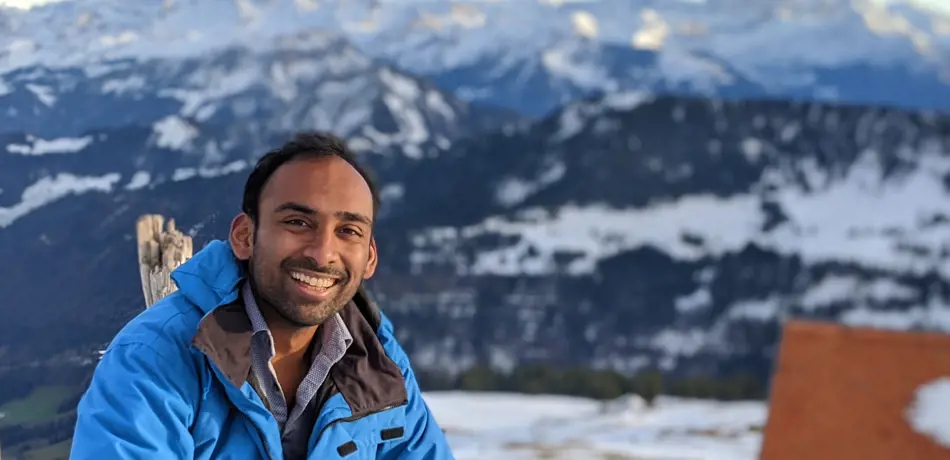
Baskaran Sripathmanathan
After studying a BA and MMath at the University of Cambridge, both specialising in probability and statistics, I joined UBS as a Quantitative Trader in Equities. I learnt to be an equity trader on the CRB desk in London, before moving onto more open ended projects in the New York office; there, I expanded on things I’d learnt, building hierarchical models in PyMC3 to cope with low-data stocks, inferring theory behind opaque models and tuning trading strategies I’d refined with Bayesian Optimization. After I left, I also worked at a small consultancy doing data science for dogs. While my reading has been centered around Bayesian Optimization and Probabilistic Programming (mostly in Haskell), I’m hoping to expand my horizons on the AIMS CDT. My job also gave me experience in clicking very exactly, writing in obscure functional/APL-like programming languages and taking risks on things I don’t have full information for. I intend on keeping these as hobbies in future.
LinkedIn: https://www.linkedin.com/in/baskaransri/
Github: https://github.com/baskaransri
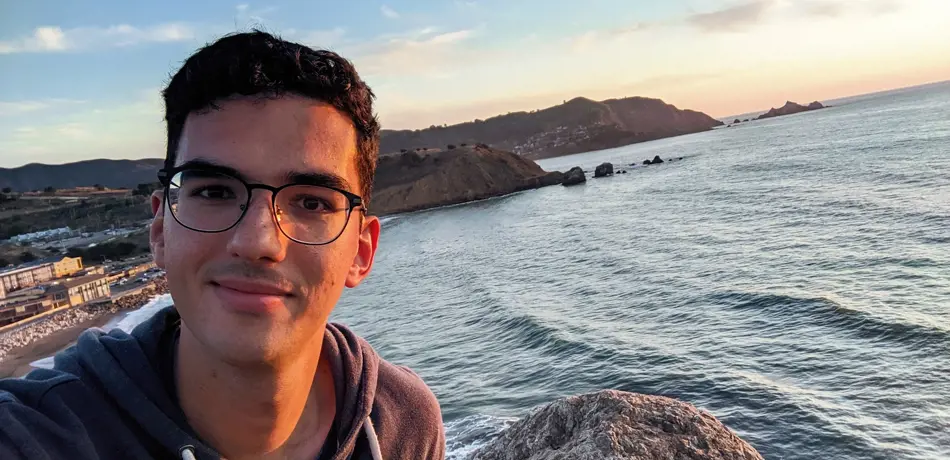
Alex Stephens
I grew up in Australia and graduated with a BEng Hons in Mechatronics and a BSc in Computer Science and Physics from the University of Sydney. Alongside my studies, I worked as a research intern in several physics research groups and the Australian Centre for Field Robotics, and as a software engineering intern at Atlassian. I had the incredible privilege of completing my Honours thesis at the NASA Jet Propulsion Laboratory in California as a member of their team in the DARPA Subterranean Challenge, where my work focused on robotic perception and multi-agent SLAM in challenging environments. My core research interests are in robotic autonomy and intelligence, and applications of robotics in space exploration.

Zheng Xiong
I'm from Beijing, China. I graduated from Tsinghua University with a Master of Science in 2020, majoring in computer science. I'm especially interested in how to design intelligent machines to help people make better decisions in real-world problems, which has great potentials to improve the efficiency of the whole society. To achieve this goal, I mainly research on reinforcement learning, automated machine learning and meta learning during my Master study, and would continue on my research in the crossing field of computing and engineering at AIMS CDT. Outside of research, I'm also interested in soccer, music, reading (especially history), and Peking Opera.

Charig Yang
I was born and raised in the outskirts of Bangkok, Thailand, and then completed my undergraduate degree in Engineering Science at Oxford. For my final year project, I investigated how machines learn motion, and how motion helps machines learn other things. The project drove my interest towards machine vision and perception, and I am excited to join AIMS to further explore the field of artificial intelligence. Outside of work, I enjoy teaching, organising events, cooking, and trying out different places to eat in my free time.
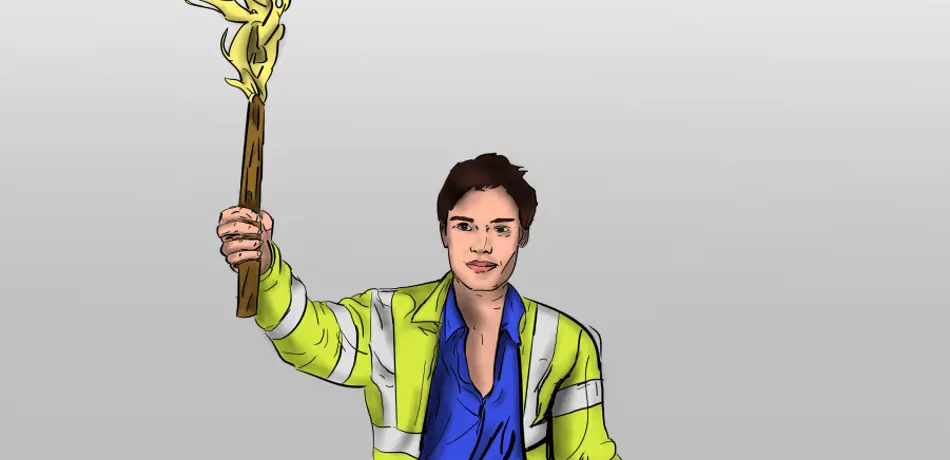
Jonas Beuchert
At TU Berlin, I studied Electrical Engineering with a focus on automation and control towards my Bachelor’s and Master’s degrees. During this valuable time, I gained deep knowledge in many areas of control and measurement data processing, including classic and modern control concepts, modelling, simulation, optimisation, and machine learning. Additionally, I had the chance to apply my skills throughout multiple challenging employments in Germany and the United States, covering test engineering for driver-assistance systems, signal processing for medical applications, and machine learning for production optimisation in the aerospace industry. My previous research publications deal with iterative learning control and event-triggered learning. To conclude, I am at the crossroads between measurement data processing, control engineering, optimisation, and learning algorithms. Since autonomous intelligent systems in particular often require unified solutions with contributions from all those fields, the AIMS CDT at the University of Oxford is an excellent place to shed some light on dark corners of adjacent streets.
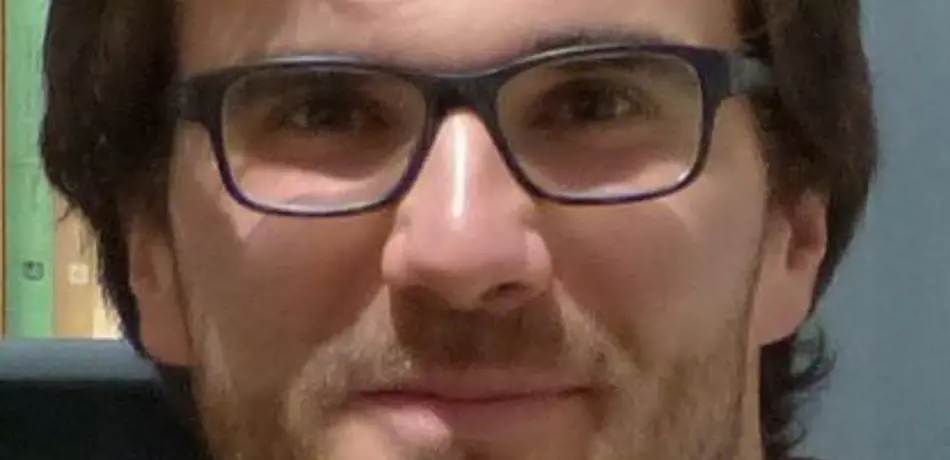
Jan Brauner
I studied medicine at the University of Erlangen-Nuremberg and the University of Wuerzburg, Germany. Parallel to studying, I worked as a research assistant in neuroscience, immunology and global health. I developed algorithms and mathematical models for biomedical problems but also got my fair share of experience working in wet-lab research and designing and conducting clinical trials. During that time, I co-authored 9 peer-reviewed publications which were cited more than 180 times. In 2018, I started a one-year master’s degree in Operational Research with Data Science at the University of Edinburgh. In my MSc project, I worked on innovative deep learning-based approaches to medical image analysis with Prof. Amos Storkey. My main research interests are AI safety, and applications of AI in medicine and biomedical research.

Alec Edwards
I graduated with a MEng in Engineering Science from the University of Oxford in 2018, specialising in Control and Information Engineering, after completing a final year project on distributed optimisation for energy management in buildings. Over the last year I have been working at Energy Futures Lab at Imperial College London conducting a scoping study on electric mobility in urban areas across Sub-Saharan Africa, investigating the key challenges and opportunities. My research interests include control strategies in multi-agent systems, with particular regard to privacy and security concerns.

James Fox
I grew up in Dorking, Surrey before studying Natural Sciences (specialising in Physics) at Christ’s College, Cambridge. I spent a summer as a research intern for ATLAS, CERN searching for signal of a specific Top quark decay channel and another summer at Oxford writing scripts to scan for possible dark matter particle candidates from supersymmetry. I graduated from Cambridge with an MSci in 2018 and, since then, I have worked for the Centre for the Study of Existential Risk, a think tank dedicated to the study and mitigation of risks threatening human extinction. In my spare time, I’m often running, cycling or debating politics and philosophy. I am excited by the breadth of topics covered in the AIMS CDT programme and I look forward to joining the mission of building safe, scalable and beneficial AI systems.
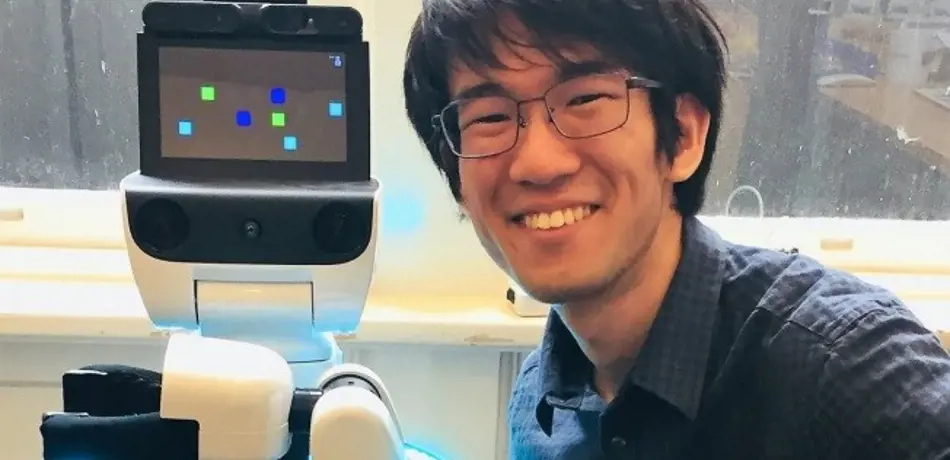
Shu Ishida
I grew up in Japan, and completed MEng in Engineering Science at the University of Oxford. I worked on robot path planning for multiple target regions for my master’s thesis at the Oxford Robotics Institute. I am interested in applications of machine learning to education, healthcare, environmental issues, and other social issues. I developed a prototype of a chatbot to help students manage stress and anxiety for Microsoft Imagine Cup UK 2018. For RoboCup 2019, I was in charge of speech recognition as part of the Oxford team. I am particularly interested in explainable deep learning models, reinforcement learning and active learning, and wish to better understand the mechanism of logic and reasoning. I enjoy musicals, composing music, web design and travelling in my free time.
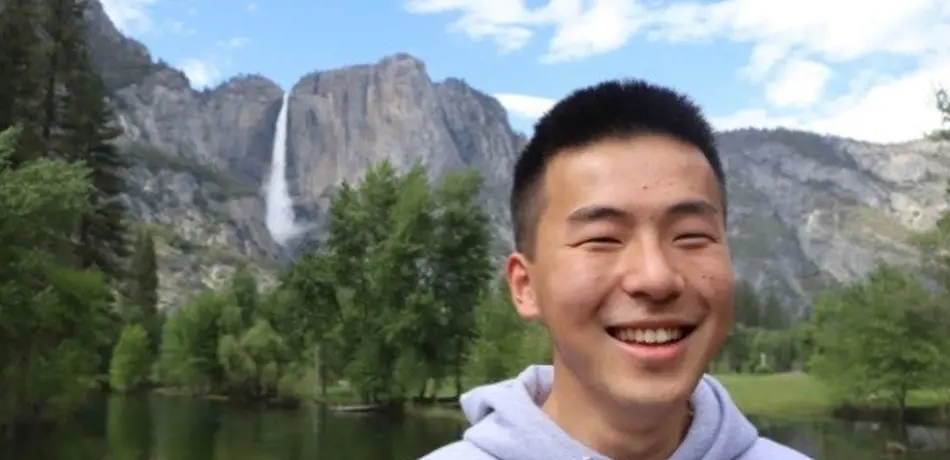
Cong Lu
I grew up in Aberdeen in the north of Scotland and graduated with a Master’s in Mathematics and Computer Science from Balliol College, Oxford in 2019. My Master’s project was in reinforcement learning with corrupt or noisy reward and involved the study of randomised agents to overcome reward corruption. My areas of interest are in reinforcement learning, deep learning and multi-agent systems, and I’m excited to continue exploring these areas in the AIMS CDT. During my undergraduate degree, I had the opportunity to undertake internships at Metaswitch, Barclays and Jump Trading where I worked in software engineering and systematic trading. Outside of academia, I’m a keen runner, skier and foodie, and you can catch me jogging down Port Meadow and the Thames!
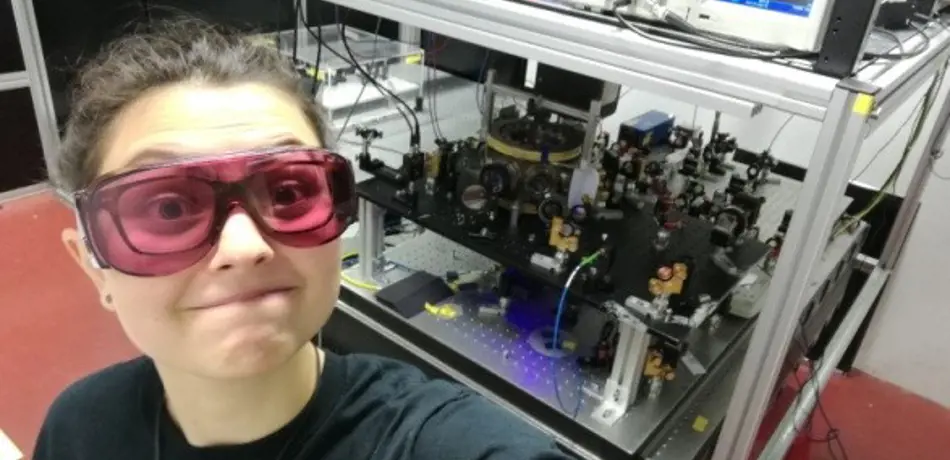
Amanda Matthes
Before joining the AIMS CDT, I was a physics student at the University of Heidelberg in Germany, where I actually ended up doing a lot of computer architecture related work. I even got to be a research assistant and tutor for technical computer science. Today, I am particularly interested in alternative approaches to computing, like quantum and neuromorphic architectures and their connection to AI research. Talk to me about food and video games!

Akam Rahimi
After growing up in a beautiful mountainous area of Kurdistan I moved to the UK and studied Computer Science and Artificial Intelligence at the University of Sussex. My final year project focussed on using deep learning to infer connections between neurons in biological neural networks. It introduced a novel neural network architecture which set the benchmark and outperformed existing computational methods for this problem. I was proud to be awarded the Brandwatch ‘Best Artificial Intelligence Project’ prize for my achievement. In a professional capacity I have developed a bespoke recruitment and management system used by Further Education colleges across the UK. My main area of interest is the development of machine learning algorithms across the interdisciplinary fields of health and robotics.

Tim Reichelt
I grew up in Germany and graduated with a BSc Hons in Computer Science from the University of Edinburgh in 2019. In my honours project I worked with the Institute for Genetics and Molecular Medicine in Edinburgh on analysing images of cancer tissue. During my studies I did internships in the Statistical Machine Translation group in Edinburgh and at the Bosch Center for Artificial Intelligence in Stuttgart. Outside of studying I enjoy running, playing football and exploring all kinds of sports.

Mrinank Sharma
I’m Mrinank. I grew up in the Wirral, right by Liverpool before starting my undergraduate studies at the Engineering Department at the University of Cambridge, during which I was at Pembroke College. I graduated in Information and Computer Engineering, primarily specialising in Machine Learning with additional modules in Bioengineering. I worked with Dr Richard Turner on my masters’ project: Differential Privacy & Approximate Bayesian Inference. I am particularly interested in probabilistic machine learning and hope to not only contribute to the field but also use advanced AI techniques to make a positive social impact. I am also interested in AI ethics, safety and policy. In my free time, I especially enjoy playing and watching football (I am a massive Liverpool fan) as well as reading.

Alessandro de Palma
I'm from Apulia, southern Italy, but in the last few years I spent time closer to the Alps than the Mediterranean. I got my Bachelor in Computer Engineering from Politecnico di Torino and a Master's in Computer Science from ETH Zurich. There, I first focused on distributed computing and later converged to machine learning. Willing to combine these two interests, I spent 6 months at MIT for my Master's thesis on distributed approximate Similarity Search and, after graduation, I worked on parallel Bayesian Optimization at IBM Research Zurich. My current interests lie at the intersection between optimization and machine learning and I am therefore very excited to join the AIMS CDT, where I will strengthen and extend my theoretical background in these areas. During my free time, I'll be printing analog photography, shooting many more photographs than I can print, and pretending I can play guitar.
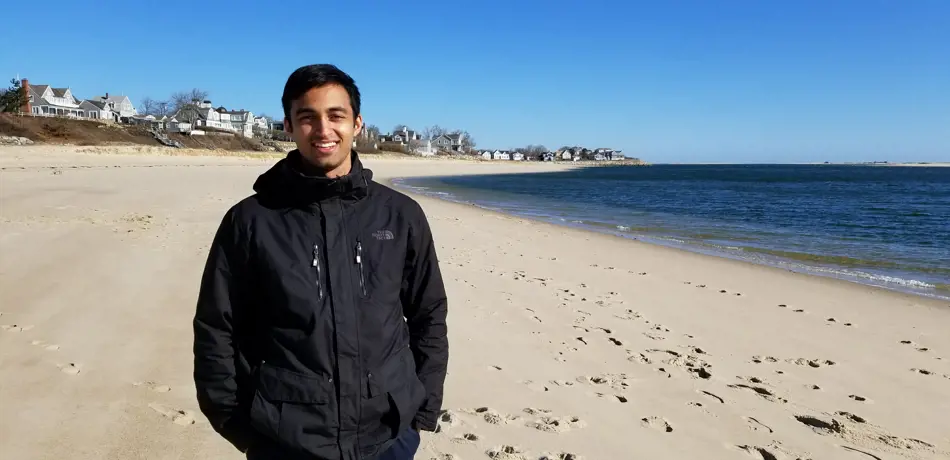
Shaan Desai
I am from Lusaka, Zambia and graduated from Harvard College with a Bachelor’s in Physics and a Master’s in Computational Science. During college, I worked in the Kaxiras Group where I developed a deep interest in using machine learning techniques to solve physics problems, especially those relating to the discovery of novel materials for renewable technology. I am therefore excited to pursue this interest further through the AIMS DPhil and the generous support of the Rhodes Scholarship.

Bryn Elesedy
I grew up in North West England and graduated from Jesus College, Cambridge in 2015 with a master's in mathematics with astrophysics. Before coming to Oxford I worked as a quant in a hedge fund, where I was in a team designing and building systematic trading strategies. My work exposed me to ideas from programming, data science and statistics and following this I became interested in machine learning and later in AI more broadly. I am excited to start the AIMS programme and I hope that the experience will equip me to contribute to these fields.

Anna Gautier
Originally from Philadelphia, USA, I completed my BSc in Computer Science and my BA in Pure Mathematics at Washington University in Saint Louis. In 2017 I moved to the UK to work towards my MSc in Applicable Mathematics at The London School of Economics. My research interests include Artificial Intelligence and Multi-Agent Systems, particularly the fields of mechanism design and algorithmic game theory.

Saad Hamid
I was born in Rawalpindi, Pakistan, but grew up in London. I graduated from Balliol College, University of Oxford with a Master of Engineering (MEng) in 2018. It was the pursuit of this degree that led me to develop an interest in autonomous systems. My final year project focussed on Bayesian Quadrature, and I'm excited to continue working on probabilistic numerical methods and their application to machine learning during the AIMS CDT. Outside of engineering, I enjoy rowing, running, and travelling.

Prannay Kaul
I am from Sheffield, South Yorkshire and graduated in 2018 with an MEng in Engineering Science from Somerville College, Oxford. I spent my 4th year at Princeton University where my thesis focused on the experimental analysis of an integrated photonics circuit for wireless communications. At Princeton, my interest in machine learning began and I am excited to learn more about autonomous systems during my AIMS studies. I am an avid traveller and in my spare time I enjoy playing cricket and listening to political debates.

Andreas Kirsch
Originally from Romania, I grew up in Southern Germany. After studying Computer Science and Mathematics at the Technical University in Munich, I spent a couple of years in Zurich as a software engineer at Google/YouTube. I moved to London and worked as a performance research engineer at DeepMind for a year. I'm interested in Bayesian Deep Learning and ethics and safety in AI.

Vitaly Kurin
I'm from Russia where I studied economics (BA) in Moscow State Institute of International Relations, and applied mathematics and computer science (BSc) in Moscow State University. Then I got my Media Informatics master's degree from RWTH Aachen University in Germany writing my thesis on Learning from Demonstration. I'm particularly interested in how machine learning models (especially in reinforcement learning) can use any prior information we can provide: human demonstrations, knowledge databases, other models predictions.
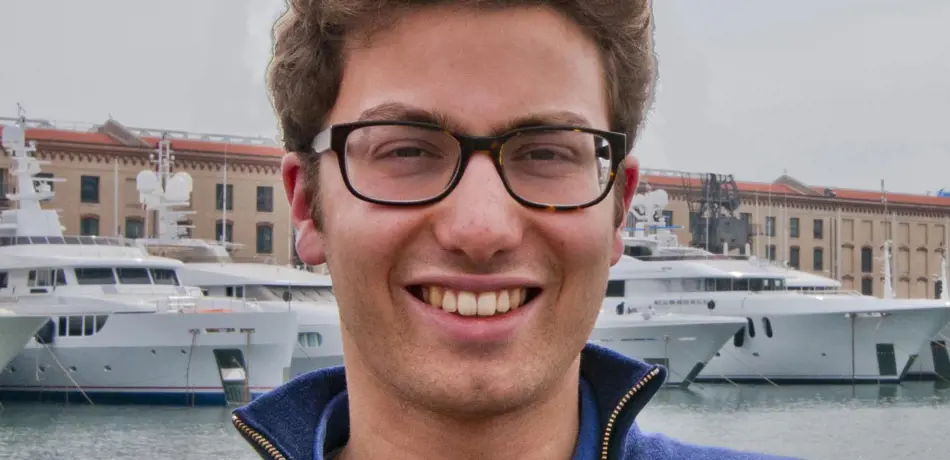
Alexander Mitchell
I graduated with a Masters in Engineering Science from the University of Oxford in 2018. My Master’s project was in the field of Model Predictive Control subject to probabilistic constraints. The consequent controllers rejected unknown disturbances and could adapt to system parameters which vary slowly over time. Both controllers used a scenario approach to approximate the probabilistic constraints with linear ones. My areas of interest are in control for legged robots, path planning and computer vision. Before university, I spent a gap year in industry in Cambridge, UK working for an engineering company in medical technologies. I am also a keen pilot.
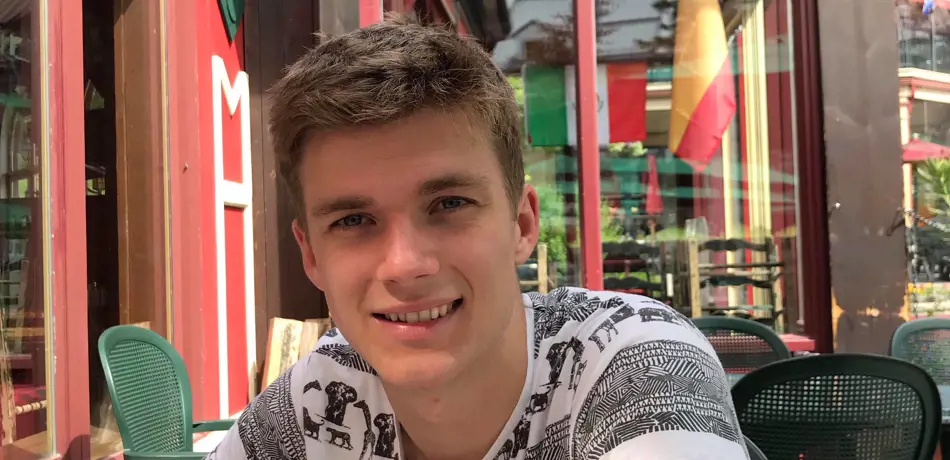
Matthew Newton
I grew up in South West England and completed my MEng undergraduate degree at St. Catherine's College, Oxford in Engineering Science. My main academic interests lie in Machine Learning, Network Systems and Control Systems. These were first realised during a summer internship at the Oxford MAN Institute, where I investigated the relationships between unstructured financial data sets. I then went on to specialise in Information Engineering and Mathematics in my final year of university and for my Master's Project I investigated the stability of pipe flow by using a novel control theory perspective. Outside of academia I am heavily involved in athletics as a 400m runner, but also enjoy surfing, various outdoor pursuits and (trying) to keep up with technology.
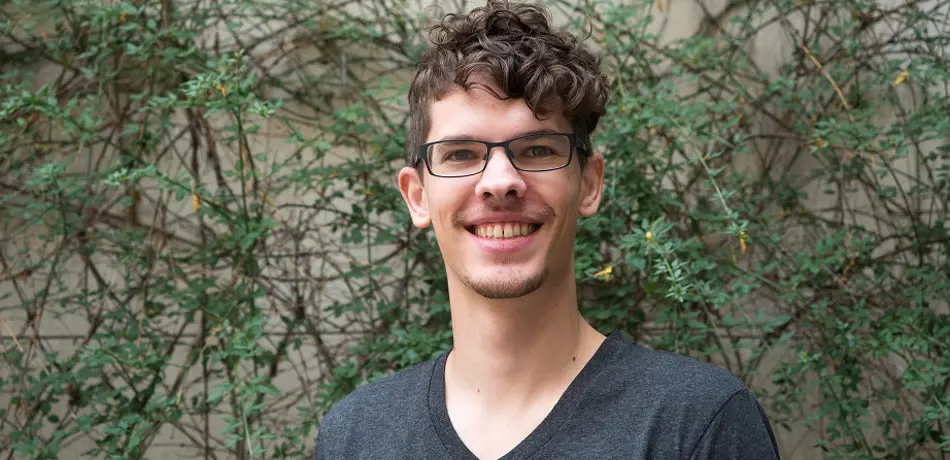
Steffen Ridderbusch
After getting two undergraduate degrees, first in engineering and then in mathematics, and taking some parallel graduate-level classes at the university in my hometown, Paderborn, I had the opportunity to pursue an internship at an aerospace research center in the United States. Following this experience, I did my master’s in mathematical Modelling and Scientific Computing at Oxford, where I focused on statistical mechanics and swarm robotics. I took a year out between my master’s and PhD to learn some Spanish in Salamanca, intern at a company working on autonomous driving in Munich, and co-lead the Tech and HR teams of the pan-European movement. In the AIMS CDT, I will be focusing on multi-objective optimal control and how it can interface with other AI-relevant topics, like machine learning and formal verification.
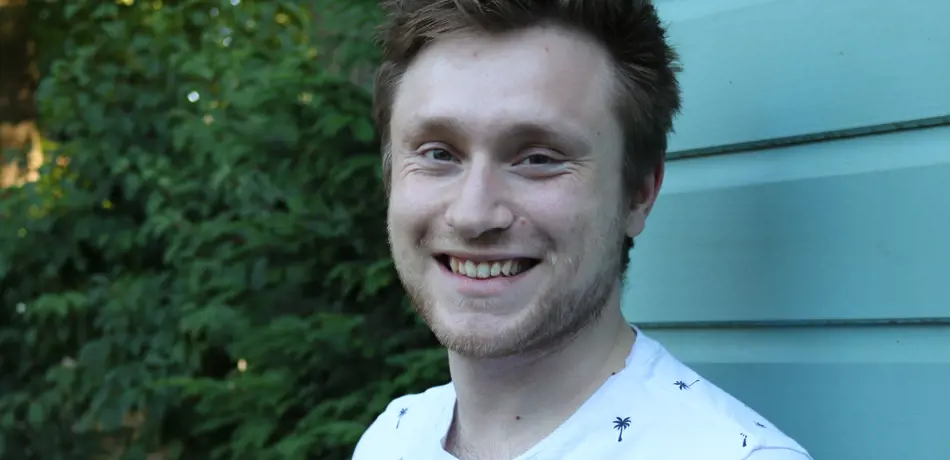
Thomas Steeples
I grew up in Leighton Buzzard, in Bedfordshire, and I first attended UCL where I attained my MSci in Mathematics. Following this, I completed my MSc in Computer Science at the University of Oxford, where I explored the notion of local equilibria in Boolean Games. I then worked at IBM as part of the Automation team before returning to Oxford for the AIMS CDT. My primary research interests lie in computational game theory, the foundations of artificial intelligence, and machine learning. In my spare time, I enjoy the work of David Lynch, I like playing chess and I have recently developed an interest in photography.
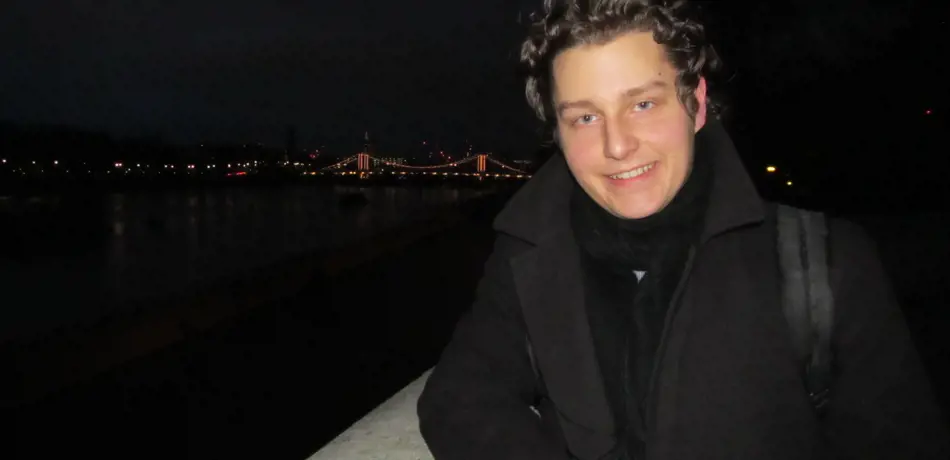
Filip Svoboda
I work on Deep Learning Efficiency under the supervision of Dr. Nicholas Lane and Dr. Niki Trigoni. The early applications of my work are in the resource constrained interference for embedded and wearable devices. My long-term aim is to develop and popularize my concept of Rational Automated Machine Learner – a learning paradigm whereby a wider set of resource costs and preference considerations can be consulted along with the model accuracy in the AutoML process. I have background in Statistics and Computer Science (MSc UCL), Econometrics (MPhil Oxford), and Economics (BSc Amsterdam). In my very early career, I was a research assistant at the Experimental Oncology Institute of the Slovak Academy of Sciences.

Panagiotis Tigkas
I received my BSc from the University of Ioannina, Greece and my M.Sc. in Machine Learning from the University of Bristol. During my M.Sc., I carried out research on sequence prediction models for interactive music improvisation. Prior to joining Oxford, I spent several years in the IT industry, during which I had the opportunity to work for Microsoft, Autodesk Research (Generative Design team), Brave Research (Privacy Preserving Machine Learning) and a startup I co-founded, Filisia Interfaces (Special Education and Rehabilitation HCI). I spend most of my free time making music and thinking about philosophy, nature and culture.

Rhydian Windsor
I was born in Atlanta, GA in the US but grew up in the beautiful county of Shropshire in England. However, you can probably tell from my name my dad is a proud Welshman! For my undergraduate degree I studied Physics at the University of Manchester (MPhys), although in the last few years it I’ve became increasingly interested in machine learning and AI as a result of an internship I did and subsequently my Master’s project using machine learning for lung cancer imaging at the Christie Hospital in Manchester. I’m particularly interested in the use of intelligent systems in medicine and am thrilled to have my studies at the CDT funded by Cancer Research UK. When I’m not working, I’m usually playing sports (in particular rugby and running) with the occasional foray into baking.

Mandela Patrick
I am originally from Trinidad and Tobago, the twin-island republic in the Caribbean. Upon completing my high school studies in Trinidad, I enrolled as an undergraduate student at Harvard University where I received a Bachelor of Arts degree in Computer Science. At Harvard, I had the opportunity to pursue software engineering internships at Facebook, Goldman Sachs, Instagram and B12. Upon taking classes in both machine learning and artificial intelligence at Harvard, my interest in machine learning got piqued when I interned on the Instagram Machine Learning team, where I built out the core infrastructure to add support to multi-task multi-label neural network models to personalize experiences on Instagram Feed and Explore. I am excited to pursue this interest further through the AIMS program and the generous support of the Rhodes Scholarship.
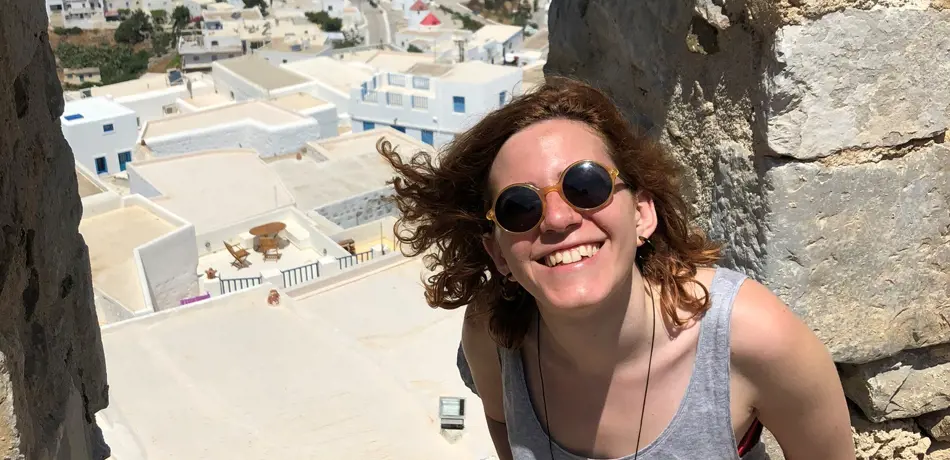
Ada Alevizaki
I was born and raised in Athens, Greece, where I also studied Electrical and Computer Engineering in the National Technical University of Athens. During my undergraduate studies, I developed an interest in Machine Intelligence and its correlation with Biomedical Engineering, especially the areas of neural networks, computer vision and pattern recognition and how they could work towards imitating human behaviour. I am very excited to join the CDT in AIMS, study these interconnected areas and gain knowledge and interest in new scientific fields. Outside of studies, I enjoy travelling, dancing the lindy hop and other swing dances and listening to music!
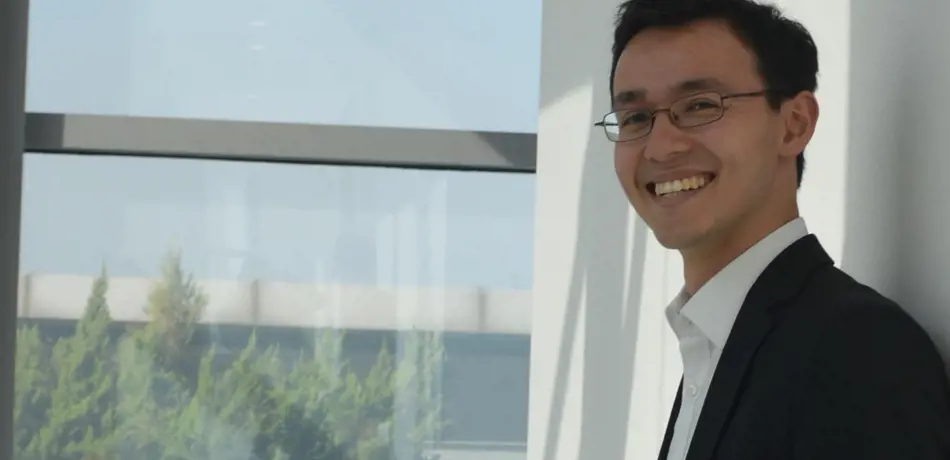
Yuki Asano
I am a Japanese German and studied physics at the LMU Munich (with an exchange semester at the University of Tokyo). During that time, I also started a second BSc in economics which I recently finished with my thesis at the Potsdam Institute for Climate Impact studies. After my physics degree, I spent a year founding a non-profit student consultancy in Munich and gaining some practical experiences. This was followed by the MSc in Mathematical Modelling Scientific Computing at the University of Oxford where I focussed on complex networks, machine learning, mathematical analytics and complexity economics. This naturally lead me to a machine learning internship at TransferWise and also to this CDT where I am excited to work on impactful challenges.
- Google Scholar - Twitter - GitHub - LinkedIn

Mark Finean
I was born and raised in South West England and graduated in 2016 with a Master of Physics (MPhys) from Oriel College, Oxford. I spent the following year working as an Investment Analyst and Trader in London. During my studies, I worked in an interdisciplinary research group where I developed and compared computational models of photon and proton therapy treatment plans for Glioblastoma Multiforme patients. I also worked in a Condensed Matter group investigating, and building apparatus for, the manipulation of microscopic particles in electrodynamic traps. The interdisciplinary nature of the AIMS CDT greatly appeals to me and I am very excited to be starting in October 2017.

Siddhant Gangapurwala
I was born and raised in Aurangabad, India, an industrial town which significantly contributed towards my passion for industrial research. I obtained my Bachelor’s in Electronics Engineering from the University of Mumbai where my primary focus was on developing Embedded Systems solutions for Mobile Robotics applications. In Oxford, I focus on using Machine Learning techniques to Optimize Non-Linear Control in Under-actuated Robotic Systems. Being a part of the Dynamic Robot Systems Group at the Oxford Robotics Institute, my work includes using a hierarchical approach towards Classical Control theory to supervise Reinforcement Learning for control of robotic platforms such as Autonomous Aerial Vehicles and Quadrupedal Robotic Systems.

Chia-Man Hung
Originally from Taiwan, I have spent most of my time in Paris over the past six years. Two years of theoretical mathematics and physics at Lycée Louis Le Grand have prepared me to enter Ecole Polytechnique, where I have studied a broad range of scientific subjects, with an emphasis on Computer Science. I also completed an MSc in Data Science in the Department of Applied Mathematics at the University of Paris-Saclay. During my studies, I have developed interests in reinforcement learning and robotics. I am thrilled to explore different topics in the field of AIMS. Outside of work, I enjoy high energy activities, such as hiking, running and swimming, and also extreme sports, gliding and scuba diving.

Florian Jaeckle
I’m from Hamburg, Northern Germany. I graduated this year with a Master in Maths and Computer Science (MMathCompSci) from Worcester College, Oxford. My master thesis included complexity results in the area of computational choice theory. Having focused on various fields of AI such as machine learning and game theory in my final year, I’m looking forward to applying these skills to robotics as part of the CDT for Autonomous Intelligent Machines and Systems. My hobbies include piano, football, tennis and hockey, as well as windsurfing and skiing.

Henry Kenlay
I’m from Northampton in the East Midlands of England. I did my undergraduate degree at the University of Warwick where I studied Discrete Mathematics, a combination of computer science, mathematics and statistics. I then ventured into applying mathematics to biology at the University of Cambridge where I completed an MPhil in Computational Biology before spending a year working for the university as a research assistant modelling epigenetics at the MRC Biostatistics Unit. My current primary research interests are graph signal processing and understanding graph convolutional neural networks.
- Google Scholar - Twitter - GitHub - LinkedIn

Hala Lamdouar
I am from Rabat, Morocco, where I studied advanced Mathematics and Physics at Lycée Moulay Youssef Preparatory Classes. I completed my Engineering degree in signal and image processing at ENSEIRB-MATMECA in Bordeaux, France, followed by a MSc in applied mathematics with a focus on machine learning and computer vision at Ecole Normale Superieure of Cachan (Paris area). After a three-year experience in the autonomous driving field, working on perception solutions, I am thrilled to deepen my academic knowledge in Artificial Intelligence as a part of the CDT in AIMS. Apart from that, my hobbies include learning foreign languages (lately Japanese) and playing the harp.

Robert McCraith
Graduated from Maynooth University with a degree in Computational Thinking. During this time I was an exchange student in University of Toronto where my interest in Computer Vision and Machine Learning began. During my final year project I worked on machine perception, object recognition and tracking which I hope to explore further as part of the AIMS program. Outside of this I enjoy cycling, technology, traveling and solving problems.

Benjamin Moseley
I am from Essex, UK and lived in Durham for my Masters degree in physics. I was a geophysicist for BP for five years, living in London. During this time I wrote a patent about seismic imaging, helped to explore for oil and gas fields in Egypt and co-founded a data science community in BP which connected over four hundred people worldwide. Before BP I developed a novel navigational warfare system with the Ministry of Defence and worked as a financial analyst during the London 2012 Olympic Games. For my Masters project I researched next-generation spectrometers for their use in astronomy. I have a strong interest in the field of AI, its ethics, its widespread applications in industry and the integration of learning and reasoning systems. In my spare time I am learning to play the piano, volunteer for a homeless charity and love a good bouldering problem.
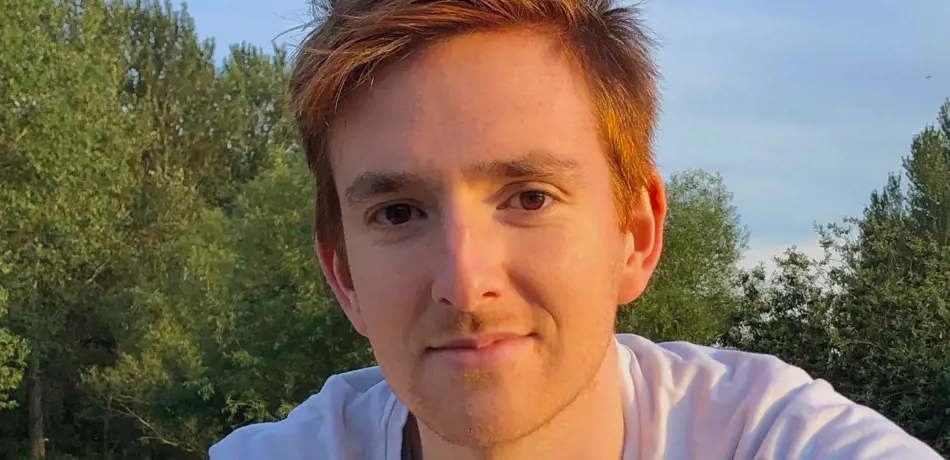
Alasdair Paren
I'm from Cambridge where I grew up and attended school. In 2014 I graduated from Imperial College London with an MEng in Mechanical Engineering. After working for an engineering consultancy firm for roughly a year in 2016 I decided to return to academia and pursue my interest in machine learning by studying an MSc in Computational Statistics and Machine Learning at UCL. I have a particular interest in machine vision and its application to self driving cars. This topic will be the focus of my DPhil which I will complete with help from my sponsors Toshiba & EPSRC.
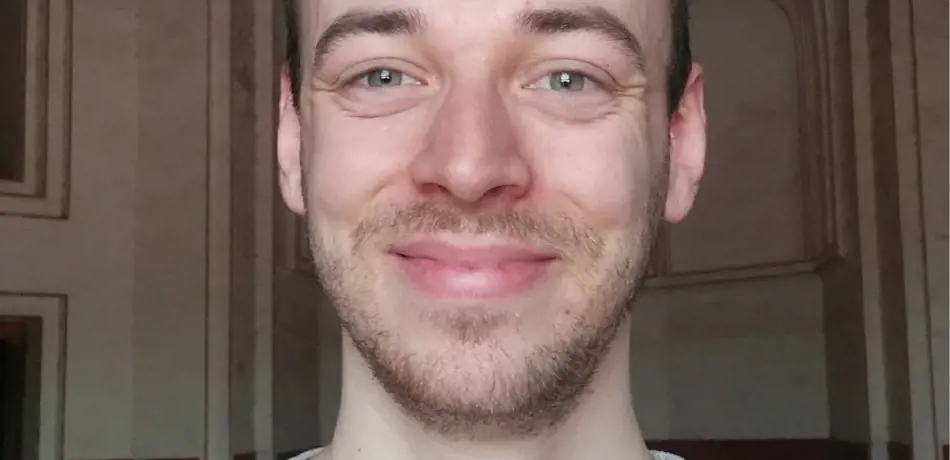
Tim Rudner
I am from Cologne, Germany. I received a B.S. in Applied Mathematics and Economics from Yale University and an M.Sc. in Applied Statistics from the University of Oxford, where I’ve been fortunate enough to be supported by the Rhodes Scholarship. During my time at Yale, I also studied theoretical computer science, quantum physics, analytic philosophy, and history while conducting research on game theory, financial economics, and international trade theory. My interest in computational learning theory and my work in game theory ultimately led to my transition to statistics and machine learning. Prior to studying statistics at Oxford, I was a consultant at the European Central Bank, worked as a research assistant in economics, and interned in bond trading. My current research interests span the theory and applications of Bayesian statistics, deep learning, and reinforcement learning. In my spare time, I enjoy reading philosophy, learning Mandarin, and playing recreational sports.

Lewis Smith
I'm from Chesterfield in north Derbyshire. I did an MPhys at the University of Manchester, and during my degree I became interested in programming, statistics and machine learning. During my time at Manchester, I spent a summer on an undergraduate science program in South Korea, experimented with ways to improve the vision system in a robot arm with a company in Cambridge, and did my final year project on learning algorithms for detecting pulsars and transients in radio astronomy. I'm really excited to do more work on machine intelligence and related fields with the CDT.
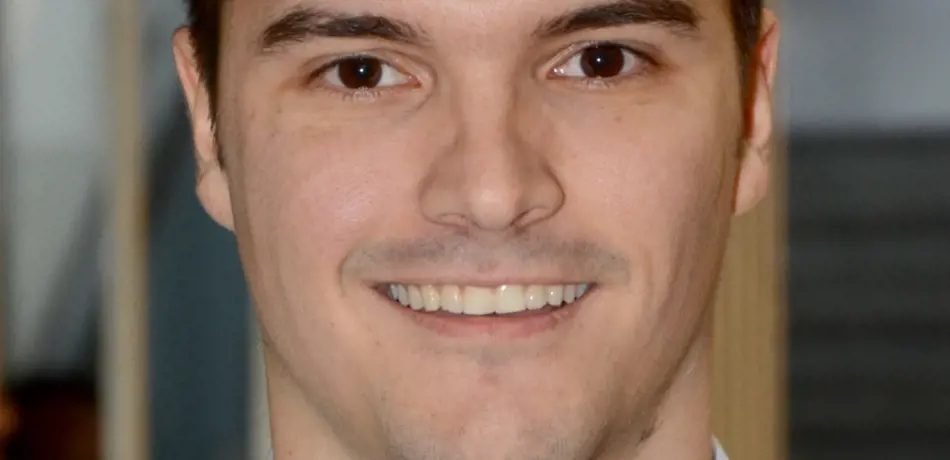
Triantafyllos Afouras
I was born and raised in Thessaloniki, Greece, where I obtained a diploma in Electrical and Computer Engineering from the Aristotle University. During my studies there, I participated in the Pandora robotics team as a software architect. I have also worked and studied in Zürich and Madrid. I am interested in machine learning, particularly the use of deep and reinforcement learning for the development of autonomous agents. I am enthusiastic about traveling and enjoy swimming, football and cinema.
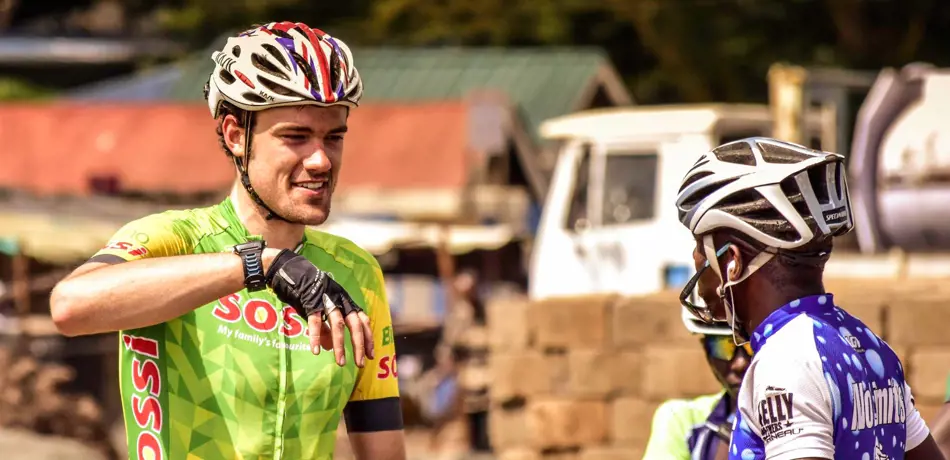
Oliver Bent
Graduated MEng Engineering Science from the University of Oxford 2013. The last 3 years I have been working with IBM Research Africa in Nairobi, Kenya. Developing applied technology solutions in the domains of Education and Healthcare. I look forward to furthering my academic interest in machine intelligence, towards tackling new challenges with technology.
- Google Scholar - Twitter - GitHub - LinkedIn

Fabian Fuchs
I am originally from Southern Germany. Before switching to Machine Learning for my PhD, I studied physics at the Universities of Erlangen, Heidelberg, and Imperial College London. In my spare time, I enjoy rock climbing, tennis, playing the guitar, and the occasional carpentry project.
Website: https://fabianfuchsml.github.io/index
Twitter: https://twitter.com/FabianFuchsML
Google Scholar: https://scholar.google.co.uk/citations?user=nqQdwhsAAAAJ&hl=de&oi=ao
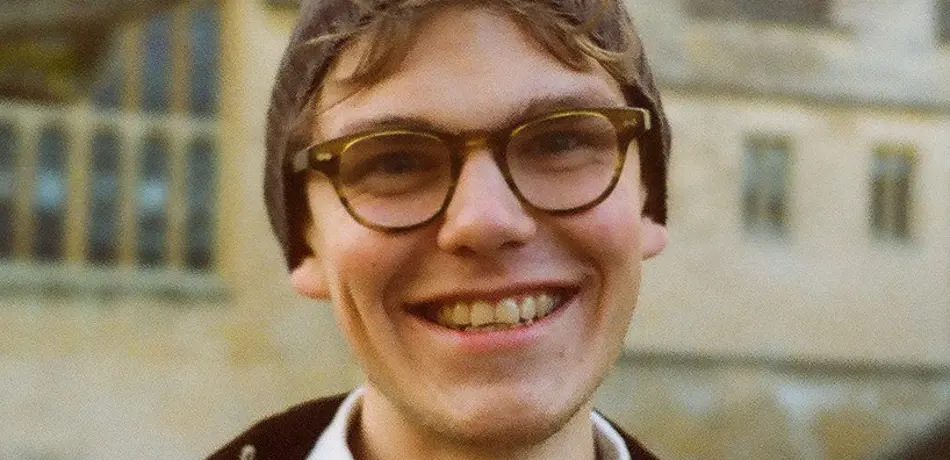
Adam Golinski
Graduated in Computational Physics from The University of Edinburgh. Meanwhile studying I spent a year abroad at University of California, Berkeley where my interest in machine learning started. I am interested in high-tech and software industries, automation (especially using cutting-edge machine learning solutions), IoT, sensor networks, big data trends and data science. Apart from that I’m a fan of plain text emails, amateur gym-goer and an avid FIFA player.

Bradley Gram-Hansen
I gained my MMath from the University of Nottingham in 2015 and had the pleasure of completing a summer research internship during my time there, within the relativistic quantum information group. I am thrilled to be joining the AIMS program and I cannot wait to explore all that it offers. My personal interests are in developing new learning processes that use information in interesting ways, whether that be in the classical sense or the non-classical sense. Although, with all that the AIMS program offers I am bound to develop many other personal interests. Outside of academia I enjoy fell running, rock climbing, all types of cycling, the Discworld series, Arduino sets and observing the interplay of electronic, natural and human systems.
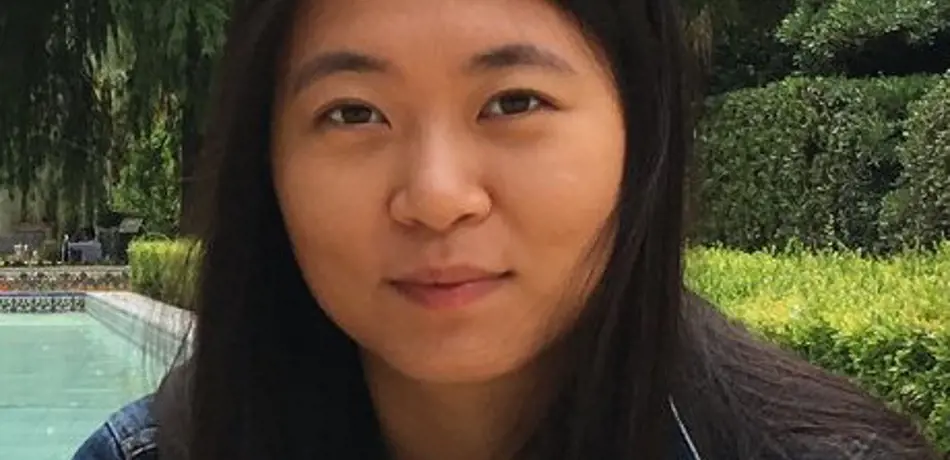
Xu Ji
I'm from London. I did my undergraduate degree at Imperial College, where I studied Computing. During this time I made a bare metal chess game in assembly and interned at Google London and Zurich. I look forward to exploring machine learning and computer vision in the CDT. My hobbies include music and writing.

Shuyu Lin
I am from Beijing, China and have been studying in the UK for the last 6 years. I have gained huge interest from my undergrad and master degree of Engineering at Oxford in the areas of machine learning, networks, signal processing and robotics, and wish to gain further knowledge of them during my postgraduate study. I like technology, travel and food, and love to meet people sharing the same interests!
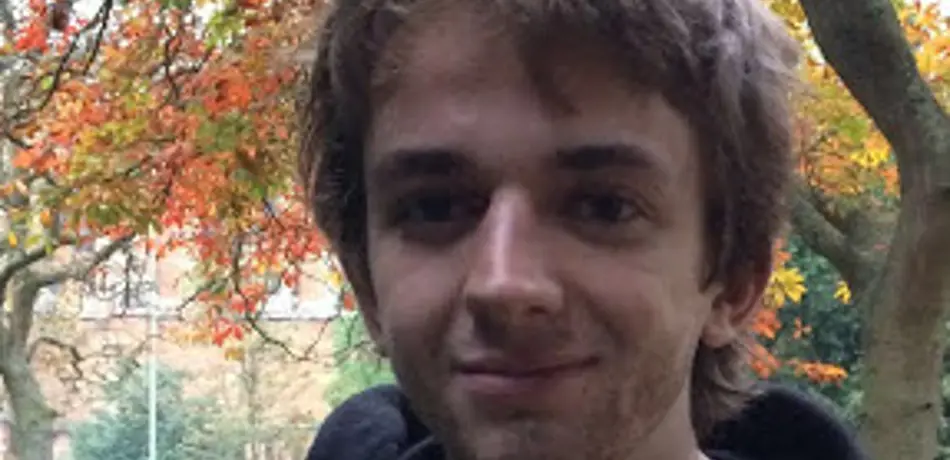
Andrea Patane
I am from Catania, Italy. I have received the BSc degree in Mathematics from the University of Catania, with a thesis on evolutionary algorithms for solar cell design. Pareto-oriented analysis for synthetic biology design problems was the main theme discussed in my Master thesis. I also had the chance to work on pacemaker modelling and analysis during two summer internships in the VERIWARE project. I enjoy swimming, playing the blues harp and I really like opera.
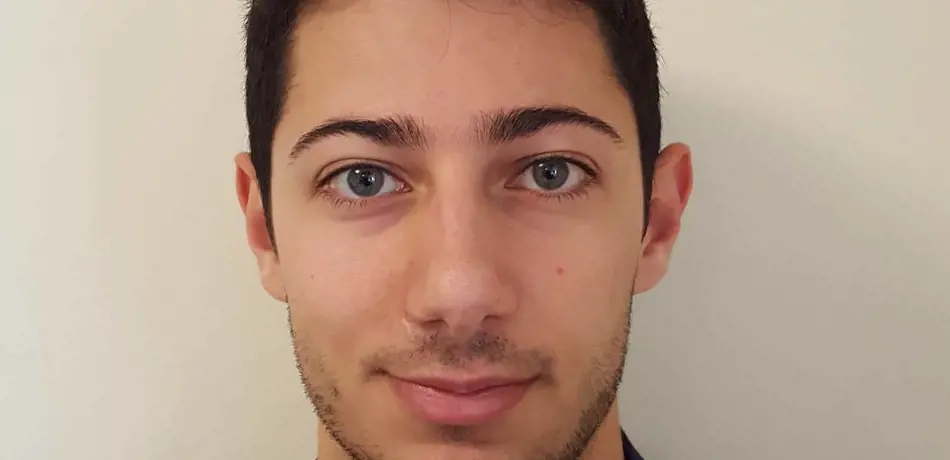
Sasha Salter
I graduated in summer 2015 with a MEng in Engineering Science at Keble College, Oxford. During my final year I investigated the use of Gaussian Processes for sequential changepoint detection in financial time series. In the past year I worked for an energy consultancy as an analyst and a location management company as a publisher specialist. I am excited to return to Oxford and pursue my passion for artificial intelligence and machine learning. My hobbies include piano, guitar, sketching, gym, running and cooking.
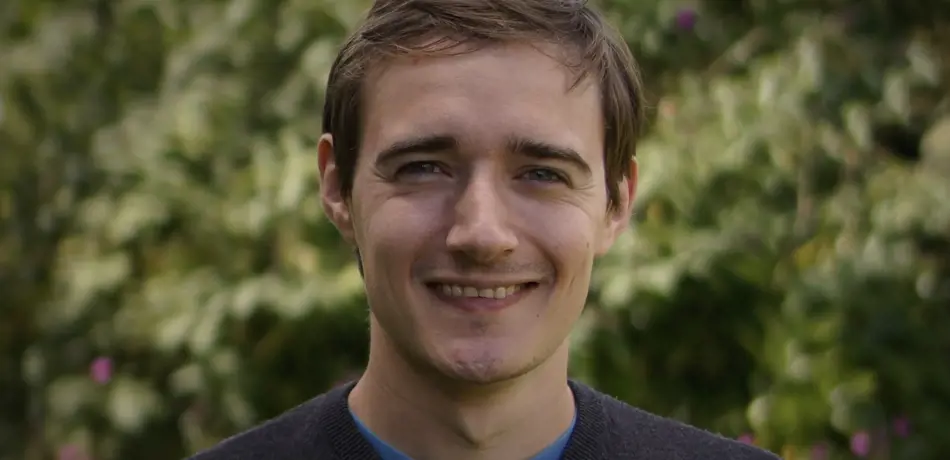
Edward Wagstaff
I grew up in Milton Keynes and did my undergrad in maths at Cambridge, followed by a maths and computer science masters at Oxford. I've been working in the software industry in London since 2012, but I've decided that researching autonomous systems sounds more fun than building websites so I'm very excited to be starting on AIMS.
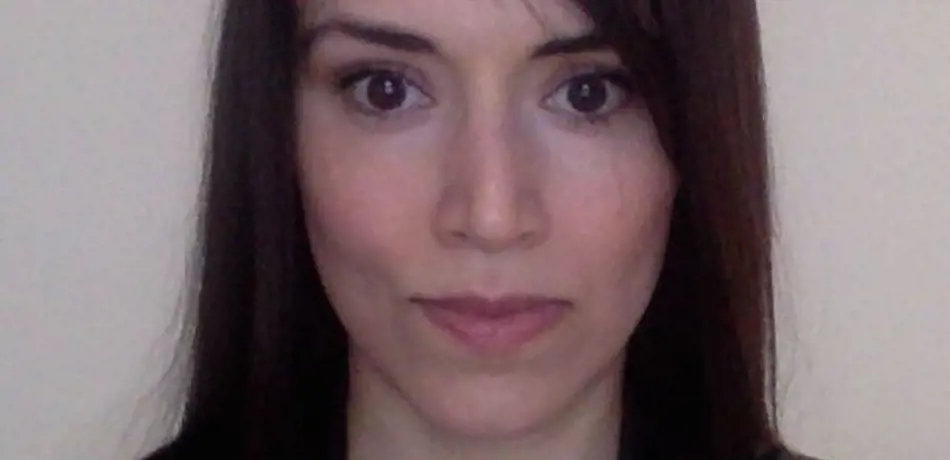
Jaleh Zand
I completed my MSc in mathematics at Imperial College London in 2014. Previous to that I was a structured trader, followed by a quant strategist in Fixed Income division at UBS investment bank, where I started to be fascinated and intrigued with machine learning methods. I further have a keen interest in Bayesian statistics, neural networks, and complex systems.

Rob Cornish
I am originally from Australia, and grew up mostly in Melbourne. I began university as a philosophy major at the University of Melbourne before transferring to study pure mathematics and electrical engineering, and then completed an Honours year in applied mathematics at Monash University with a thesis topic in computer vision. Along the way, I also gained some research experience in program analysis at the University of Melbourne, and in robotics with the CSIRO. I am particularly interested in artificial intelligence topics within a robotics context. I also enjoy cycling, hiking, and playing contemporary and classical guitar.
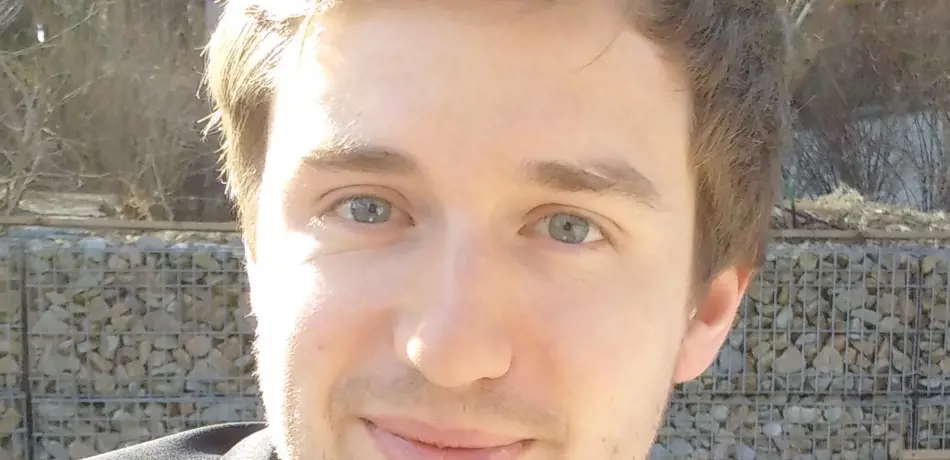
Maximilian Igl
I am from Germany where I have been studying Physics (MSc) and Economics (BSc) in Munich. Over the last two years I also have been quite active at the Centre for Digital Technology and Management, a University program here in Munich dedicated to entrepreneurship. There, and also during my studies of Physics, I've developed a strong interest in Machine Learning and its applications. In my free time I like to go climbing or hiking. The last time I was in England (I was at the University of Warwick for one year) I also did quite a lot of Tango Argentino.

Gregory Faraquhar
I'm German-American but have lived in the UK for over ten years now. I studied at Oxford for a Masters in Physics, but am looking forward to shifting my academic focus for the CDT in AIMS. I'm particularly interested in how humans interact with autonomous systems, and in natural language processing. In my spare time I love to play guitar!
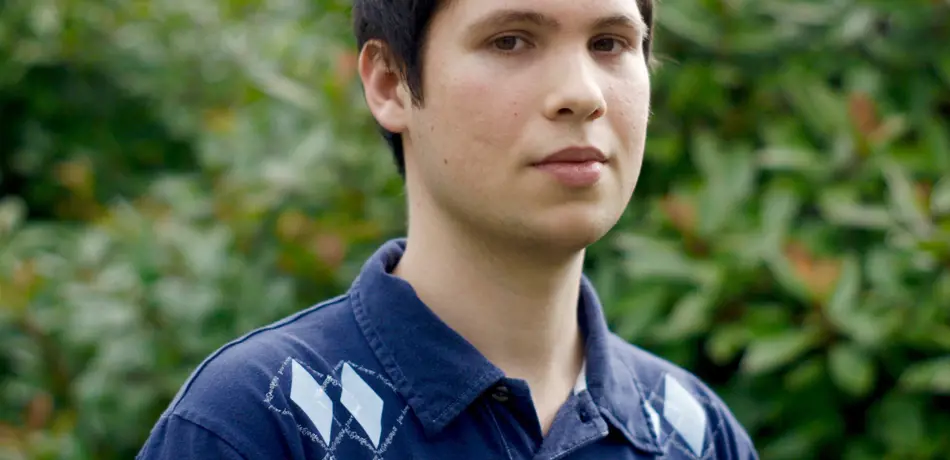
Ivan Kiskin
Originally from Ukraine, I have attended schools in London, Kiev and Germany. I then went on to study Engineering Science at Wadham College, Oxford. In my fourth year project I worked on signal processing and probabilistic machine learning techniques to aid the detection of pulsars. Outside of studies I take an interest in music and guitar. I am looking forward to further expanding and applying my knowledge at AIMS.

Kyriakos Polymenakos
From Athens, Greece, studied Electrical and Computer Engineering in the NTU of Athens. Took special interest in Power Systems, but soon was more attracted to Control Systems and Machine Intelligence. As part of the CDT in AIMS looks to take part in the research creating a new generation of intelligent systems, propelled by learning from big data and cooperation between multiple agents.
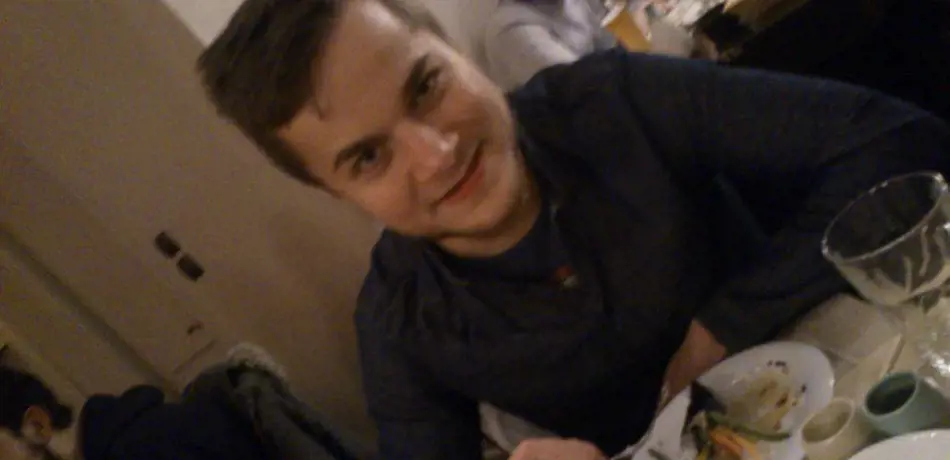
Nikitas Rontsis
I am from Greece, where I studied Electrical & Computer Engineering (5-year Diploma) at Aristotle University of Thessaloniki. During this period, I was an exchange student in EPFL for 2 semesters, where I also made my diploma thesis in controlling kites for energy harvesting. I am excited about modern control methodologies, including, but not limited to, data driven techniques.

Timothy Seabrook
I graduated in MEng Intelligent & Robotic Systems at Lancaster University in 2014 and co-founded a Sharing Economy limited partnership in the same year. I am interested in exploring and developing collaborative AI agents reflecting the social roles of humans, as well as pushing the bleeding edge of autonomous complex systems modelling and prediction. I am a keen entrepreneur, and hope to discover new applications for Artificial Intelligence to benefit humankind.
